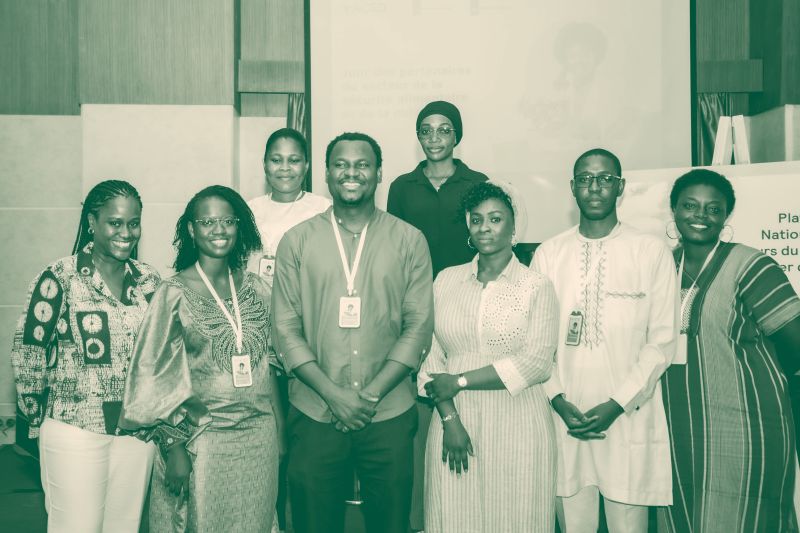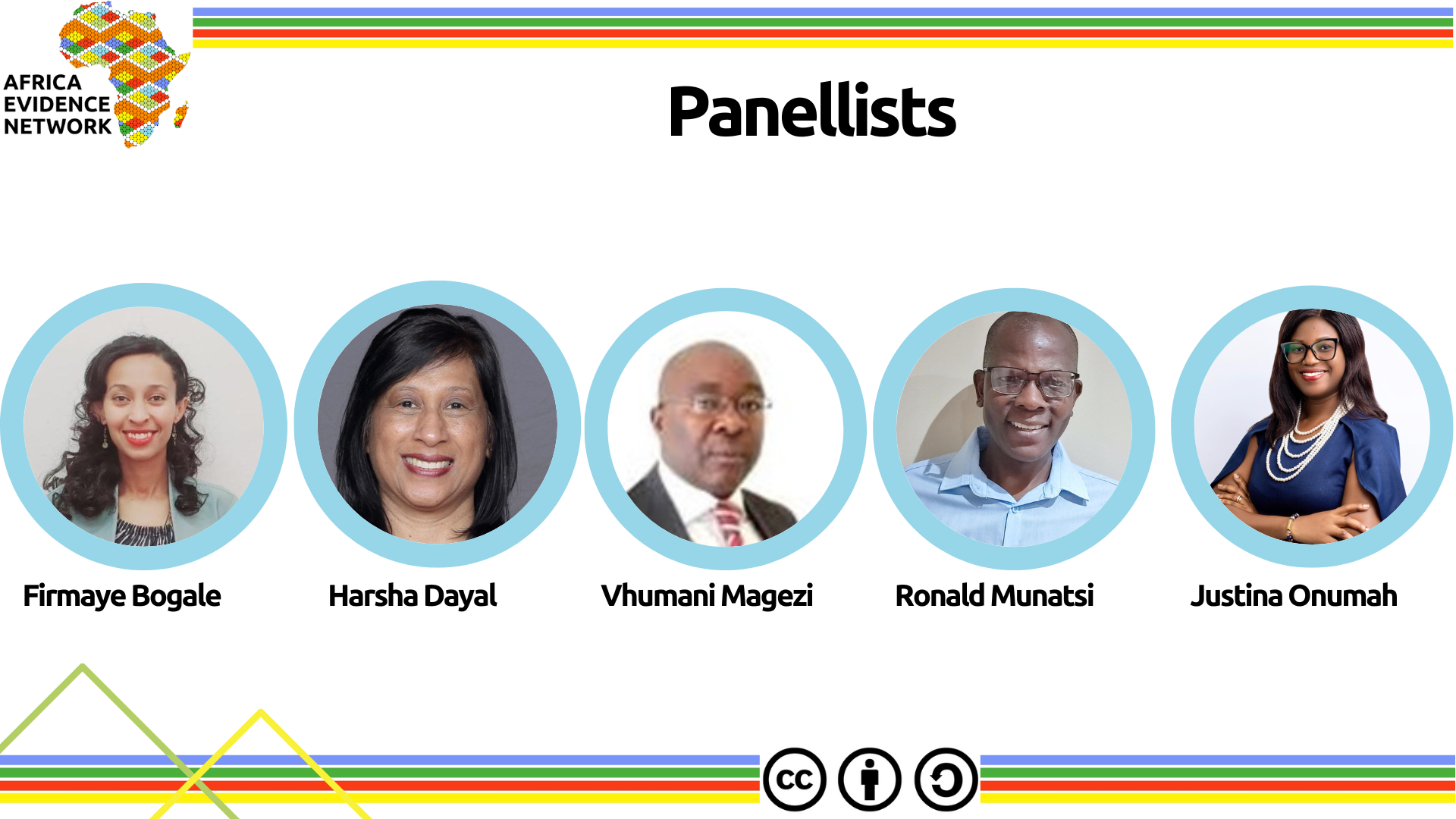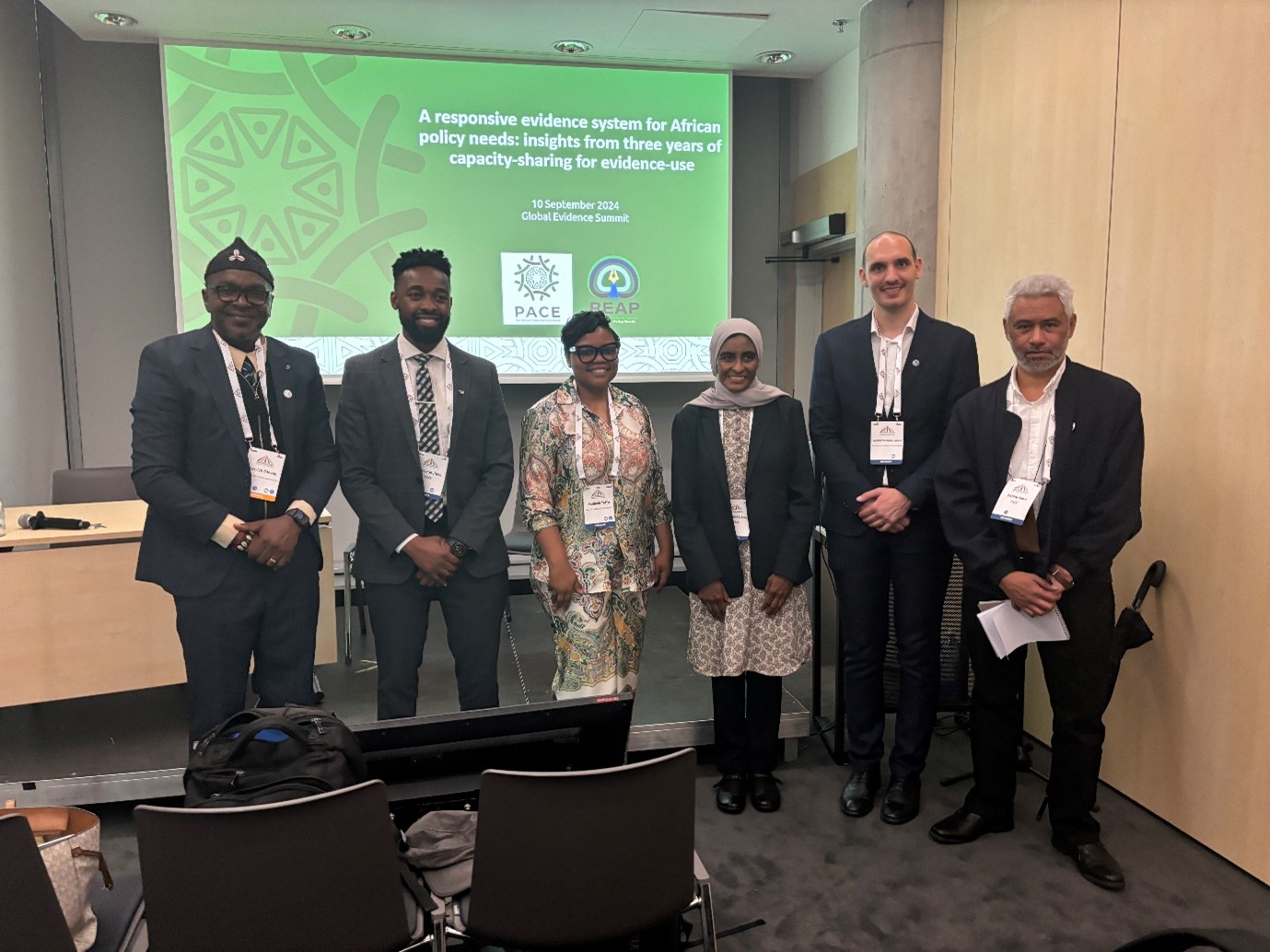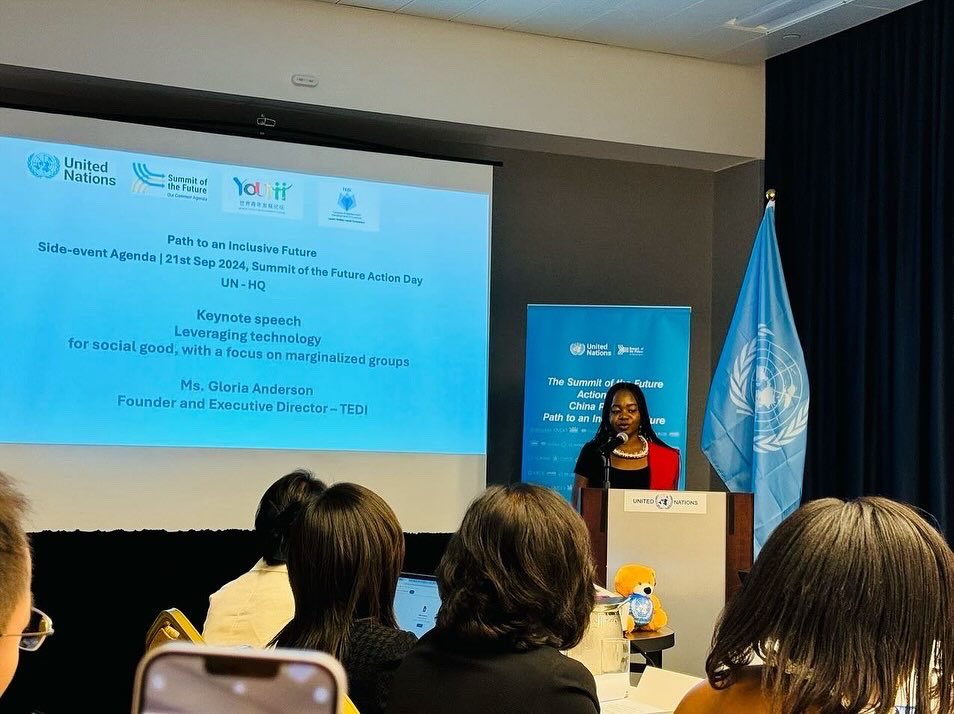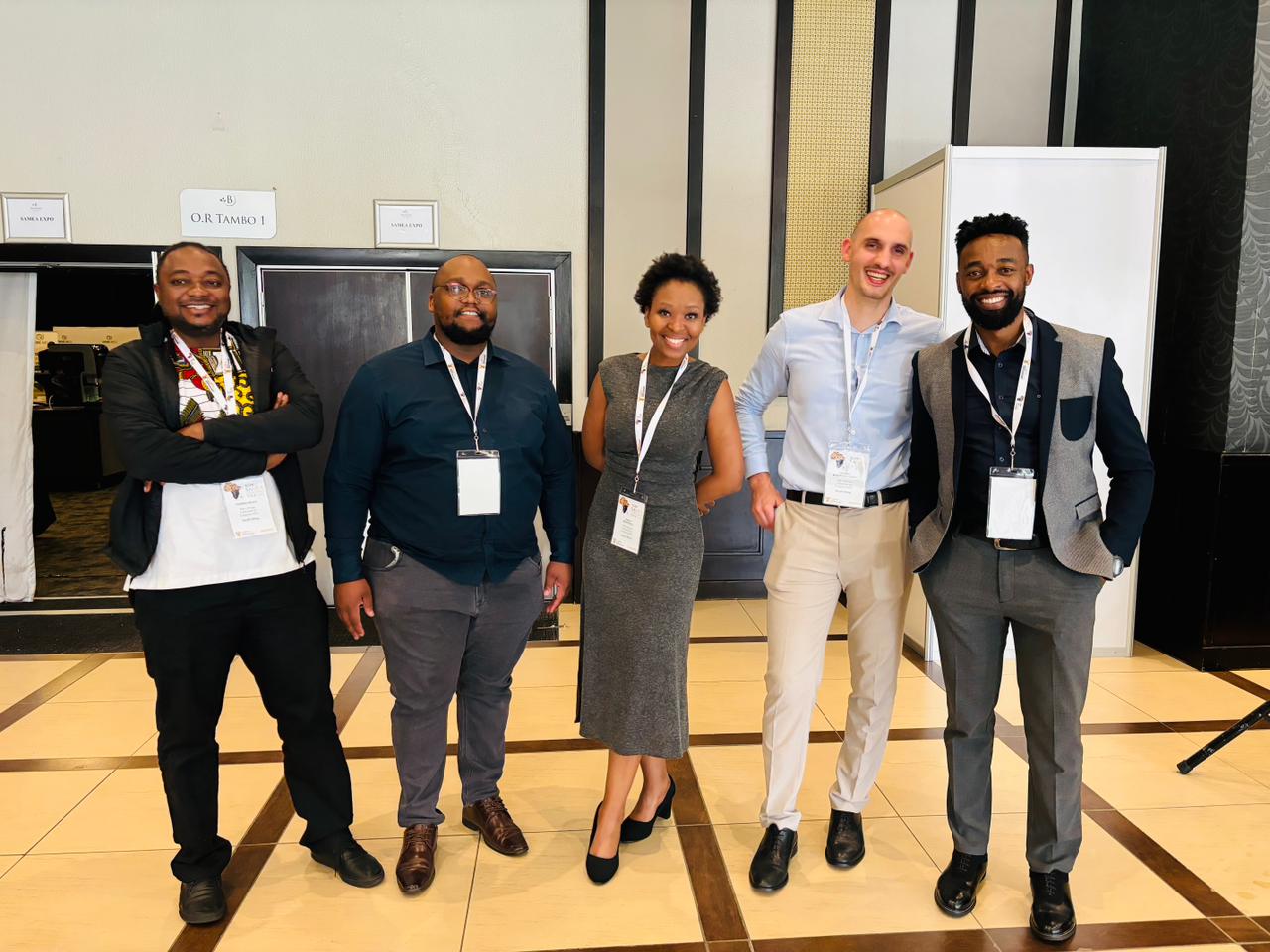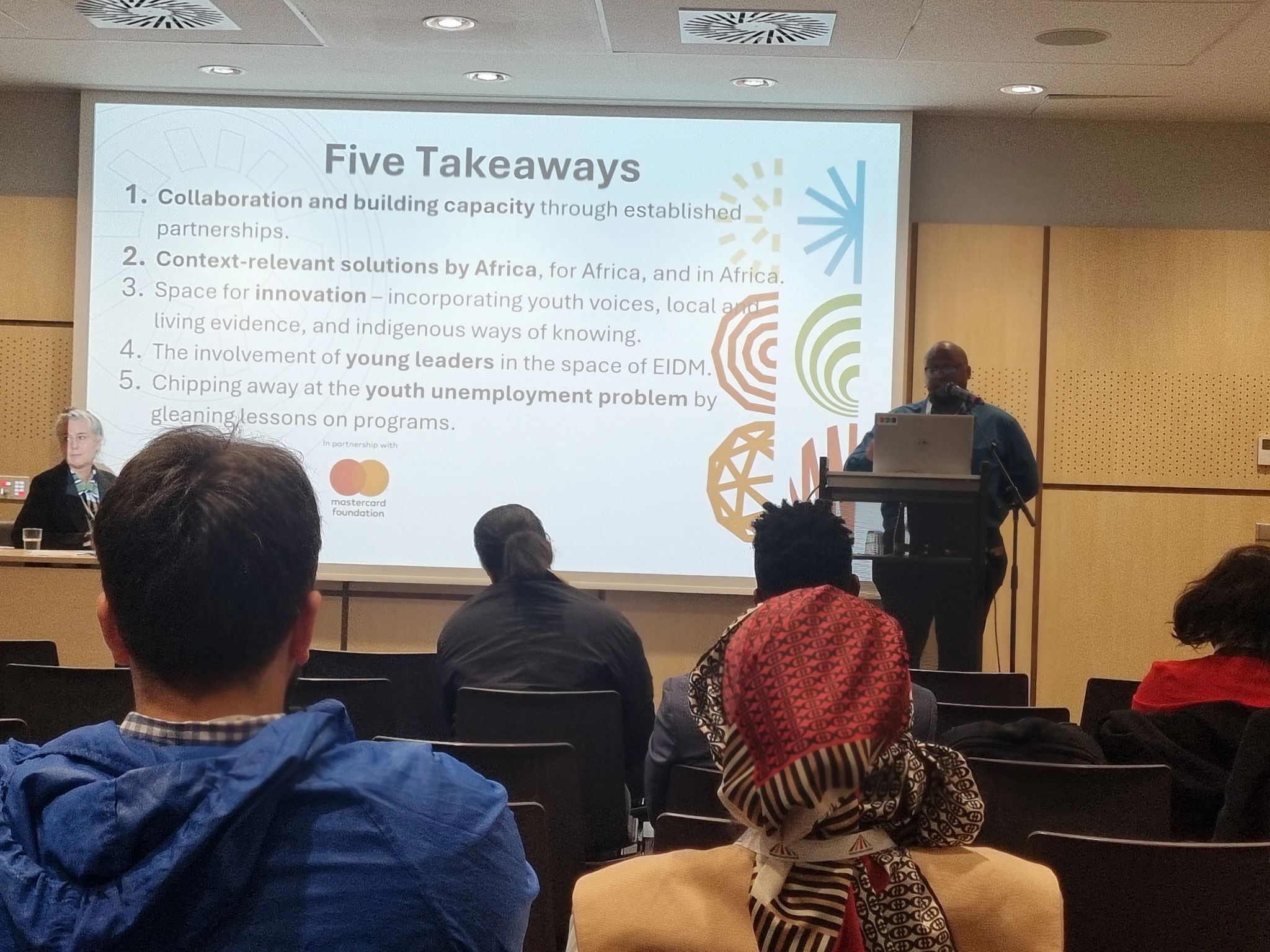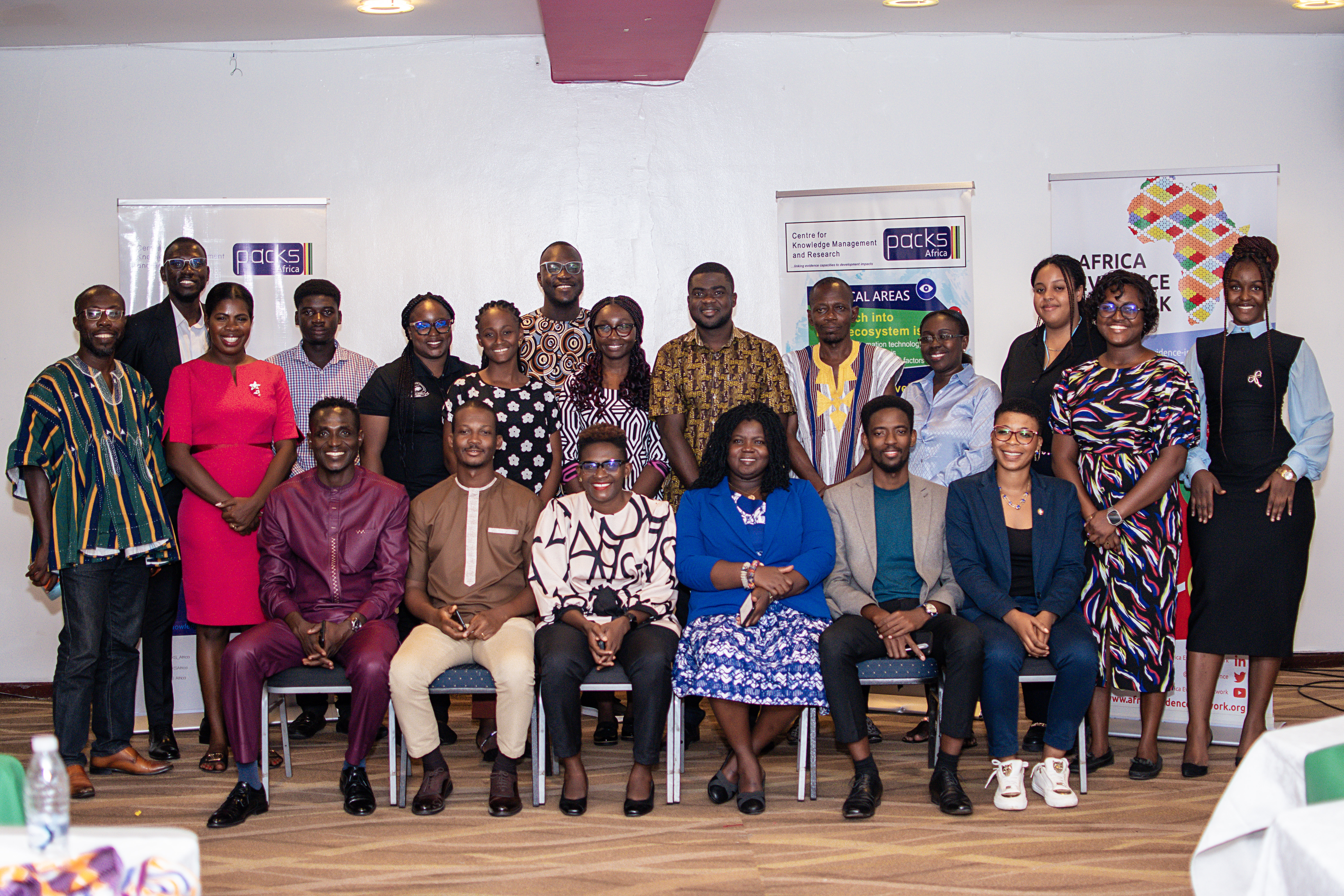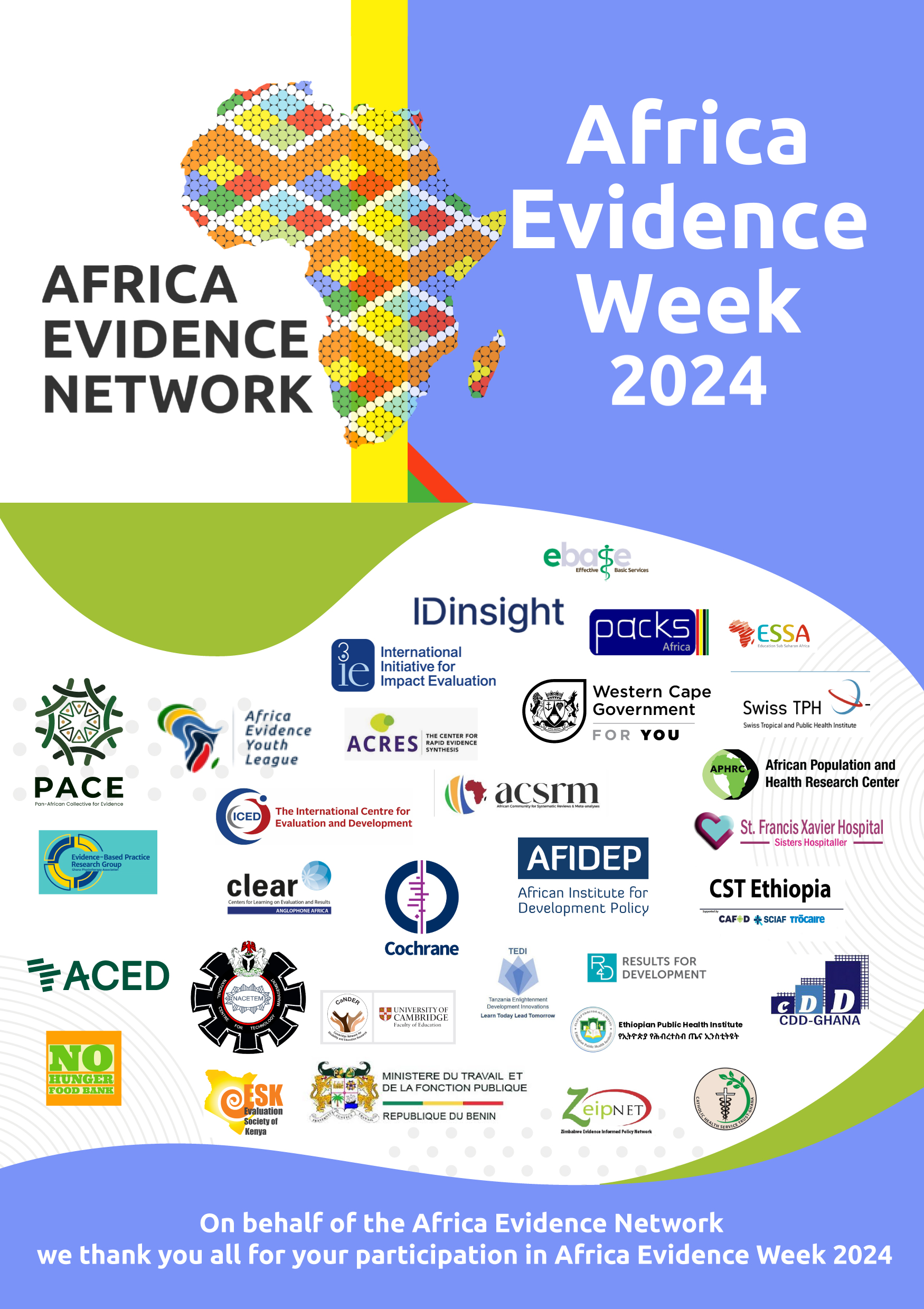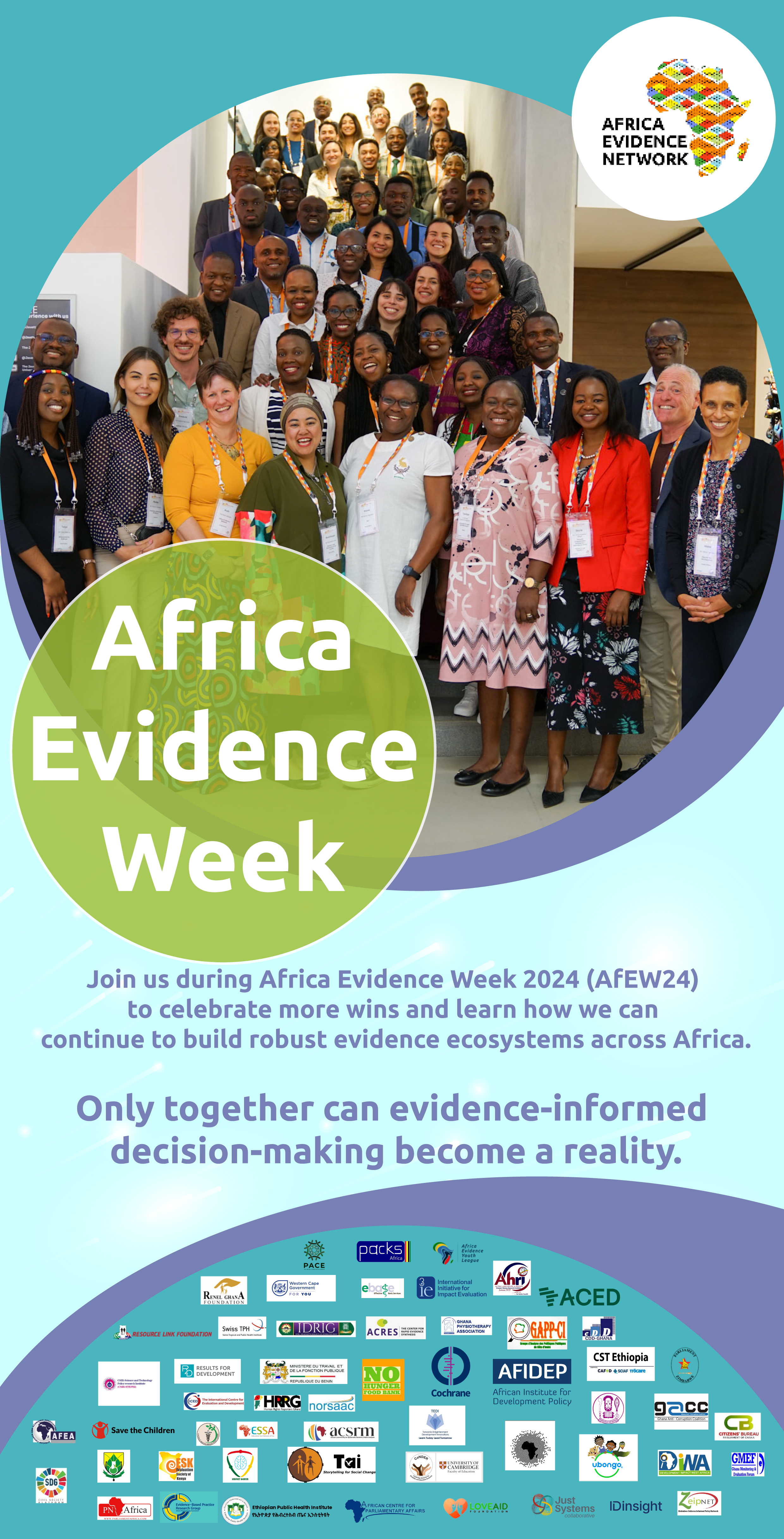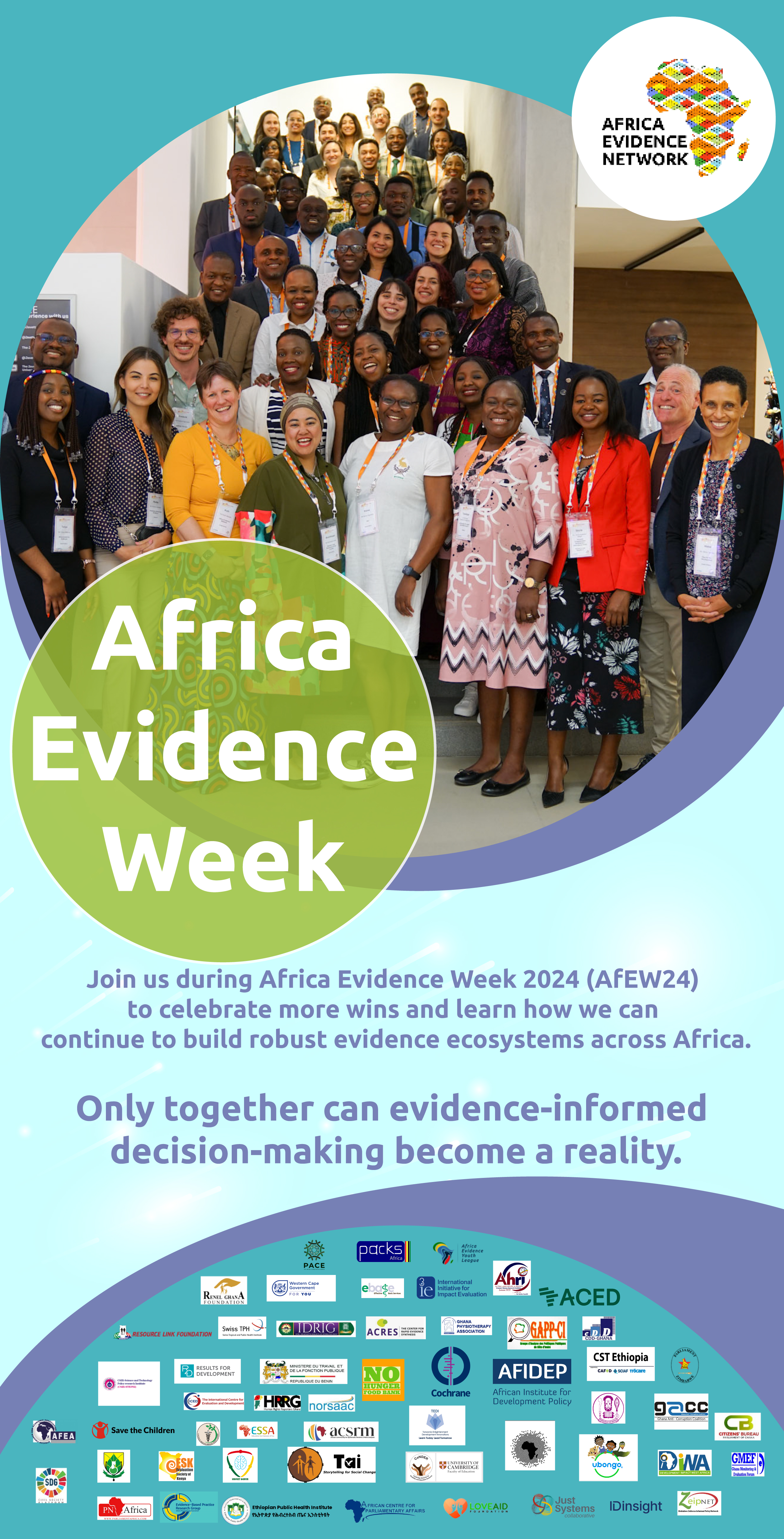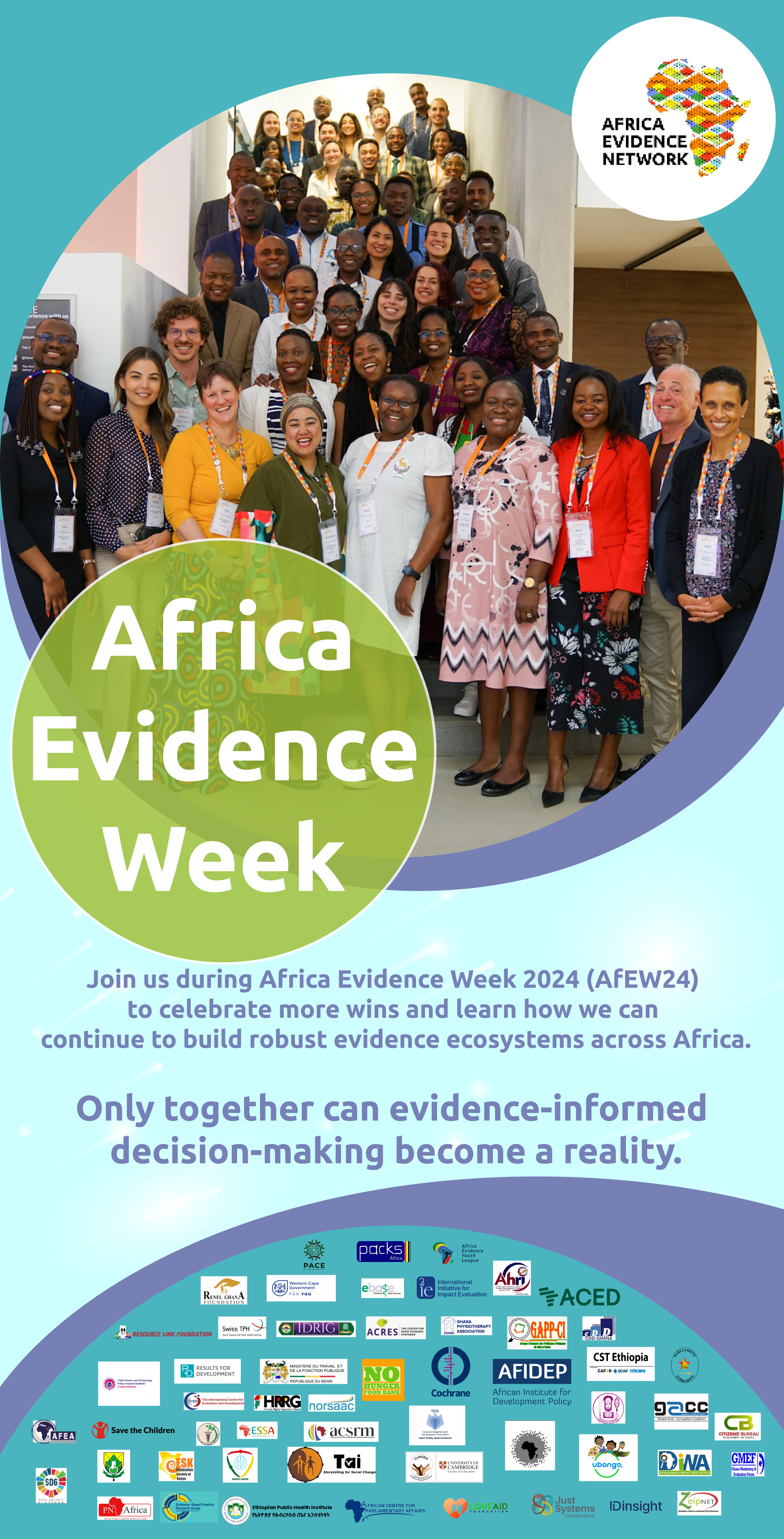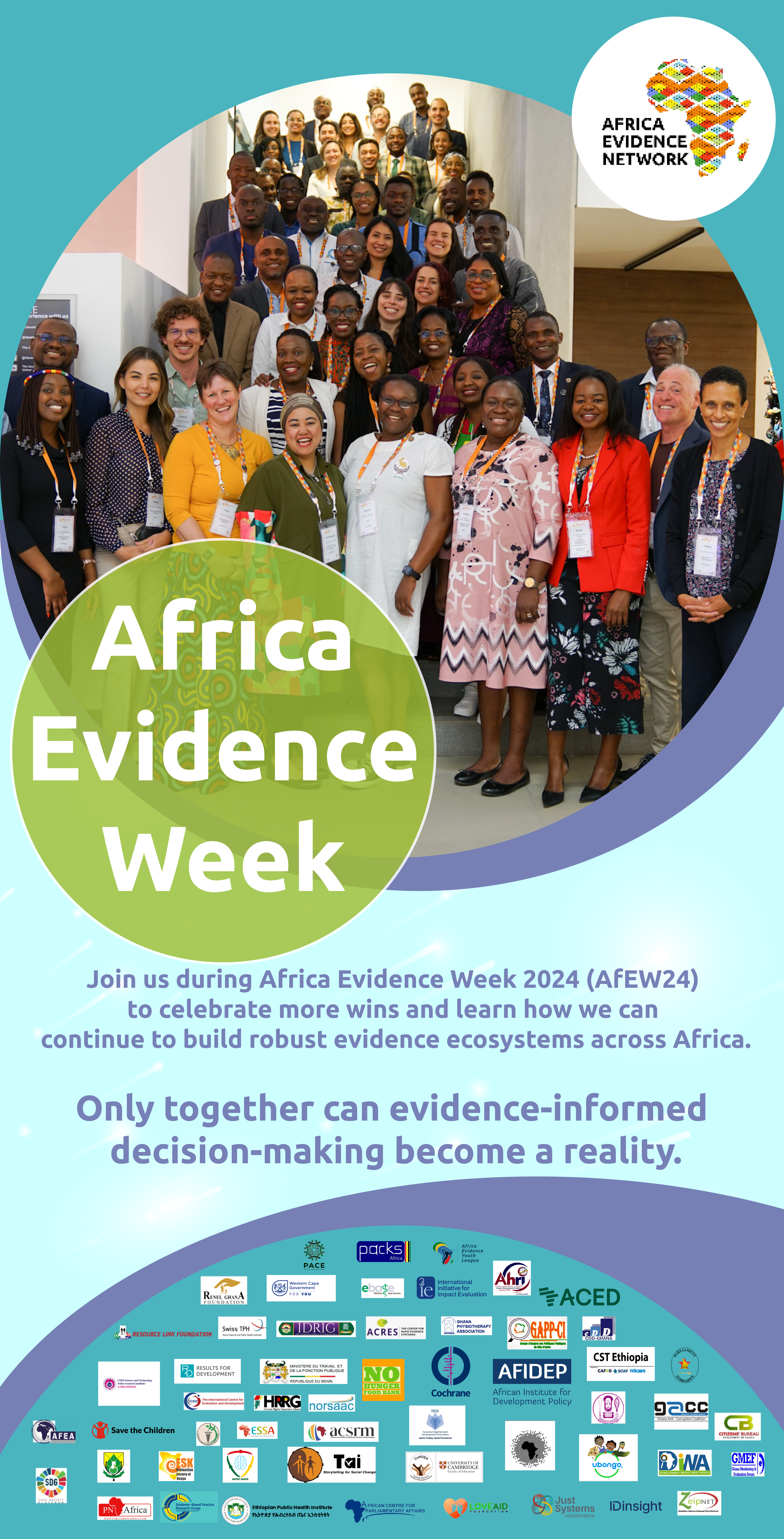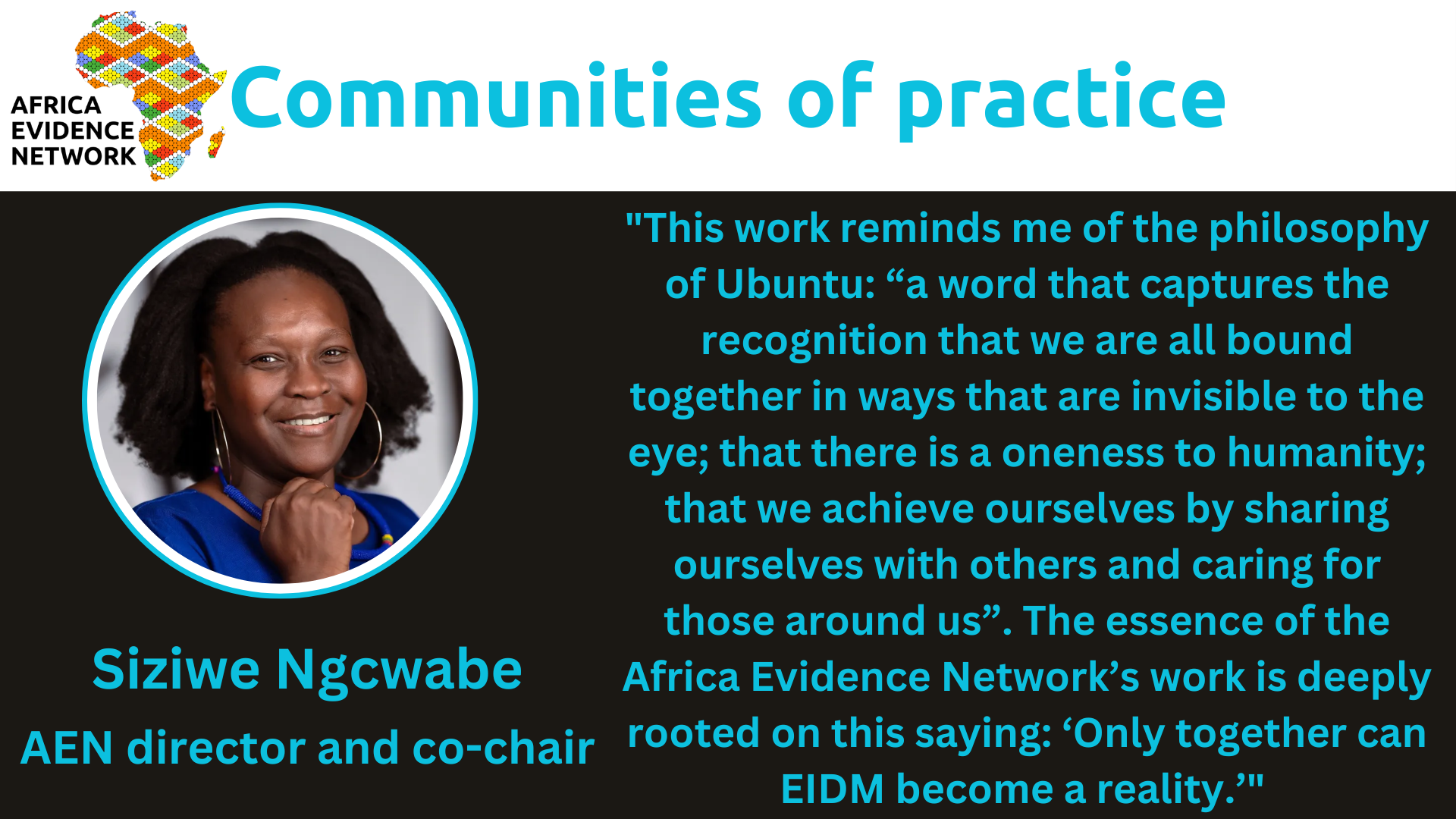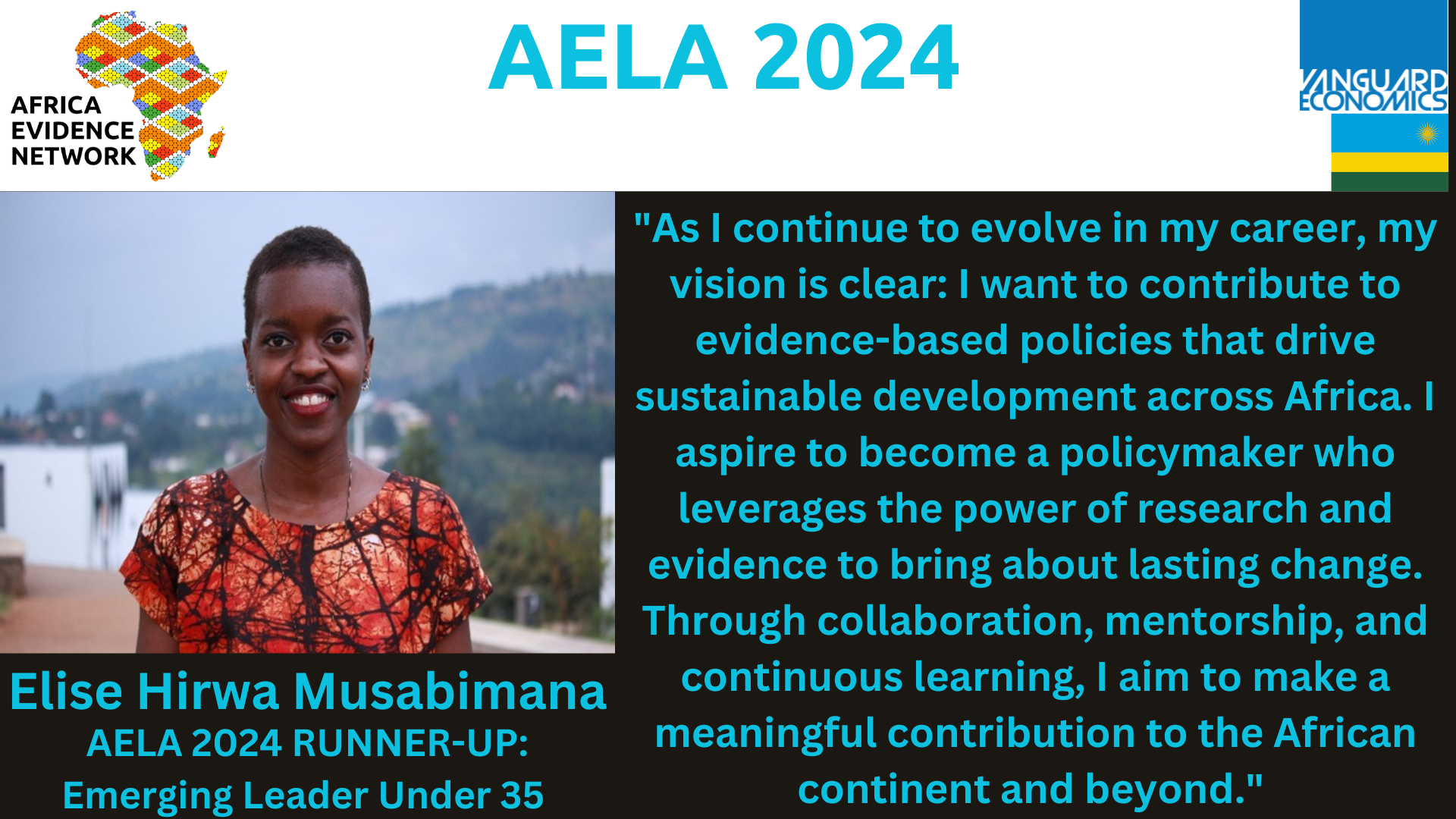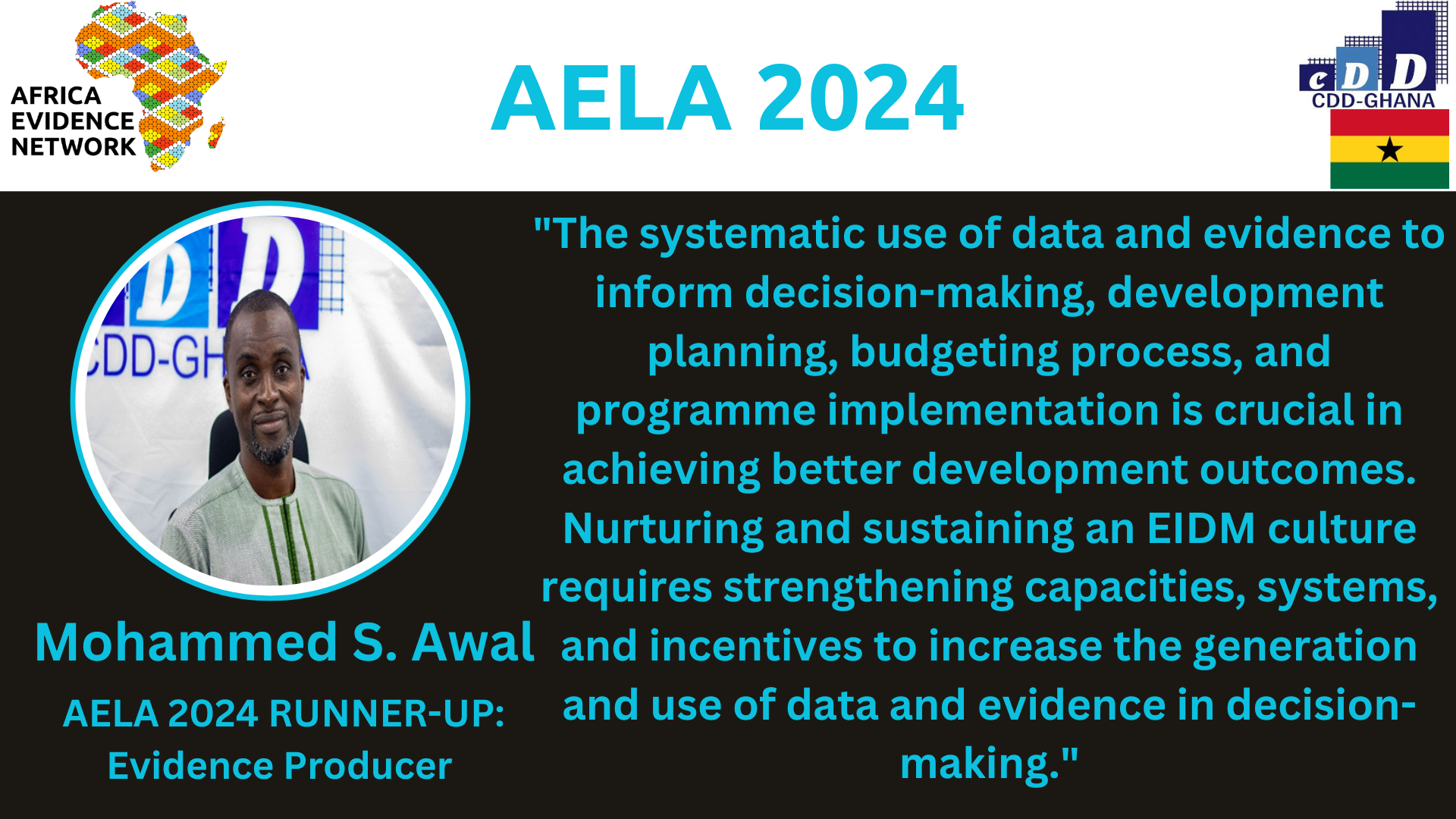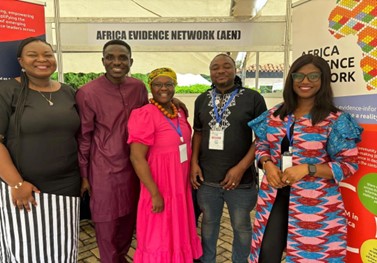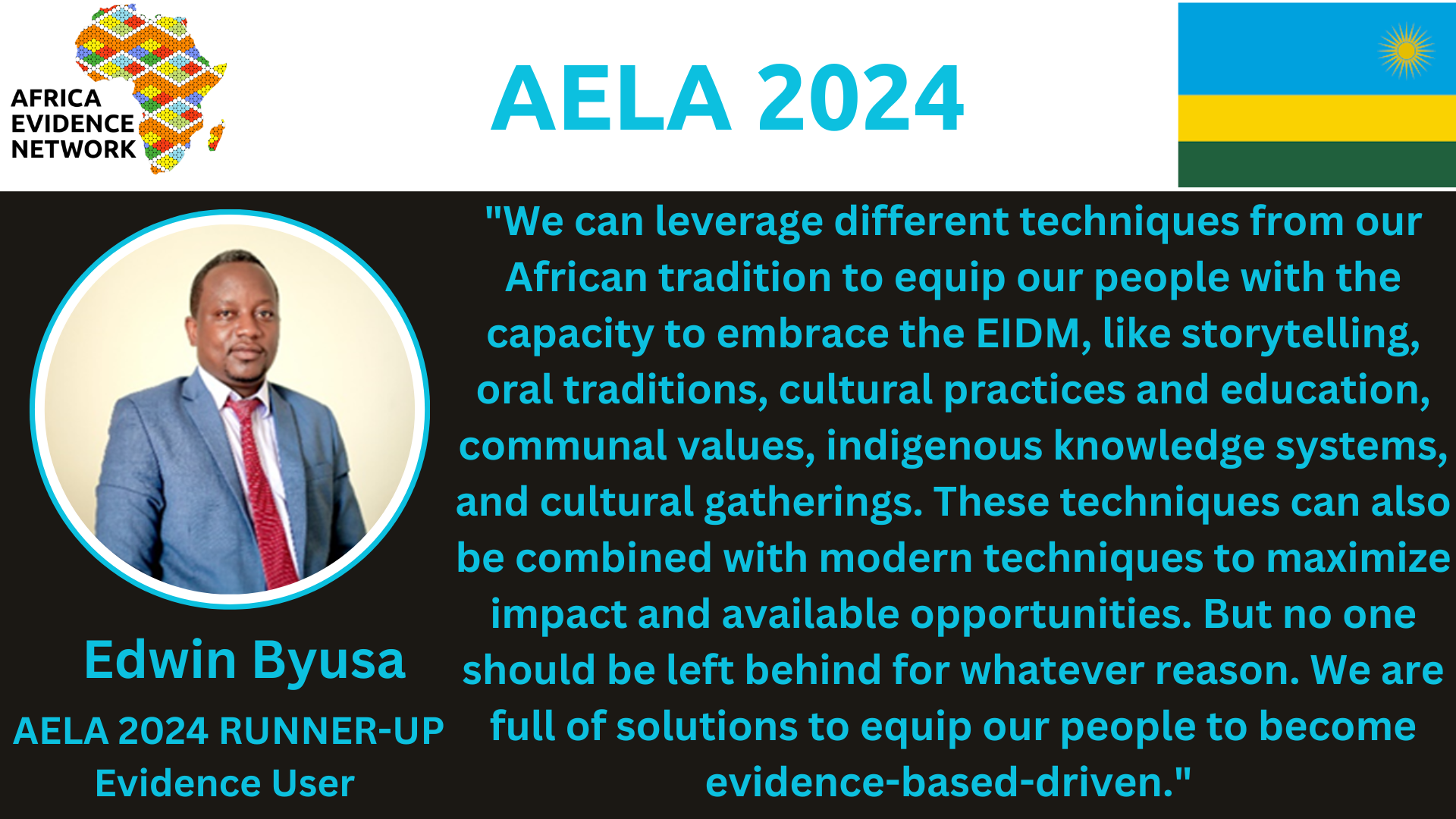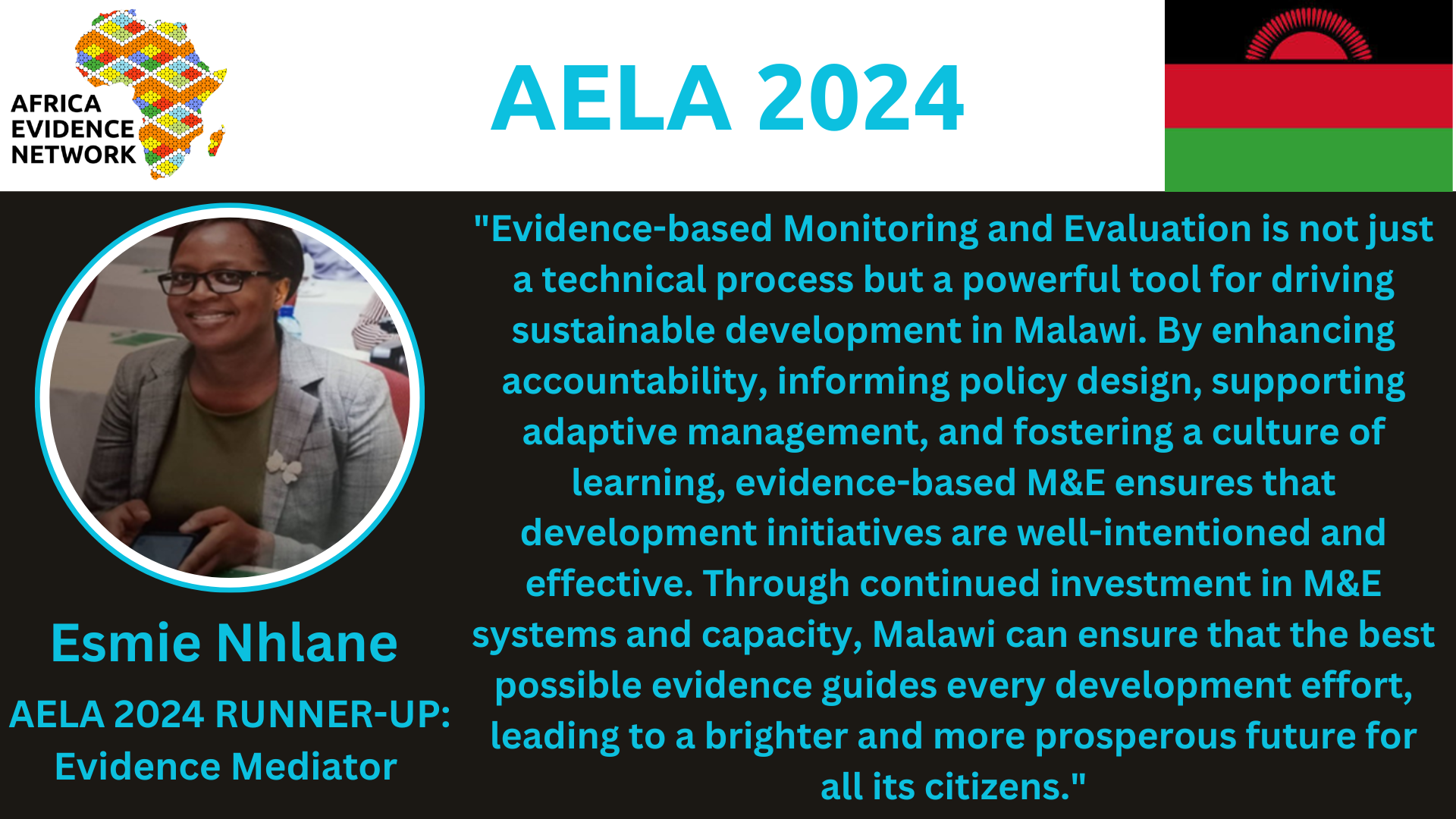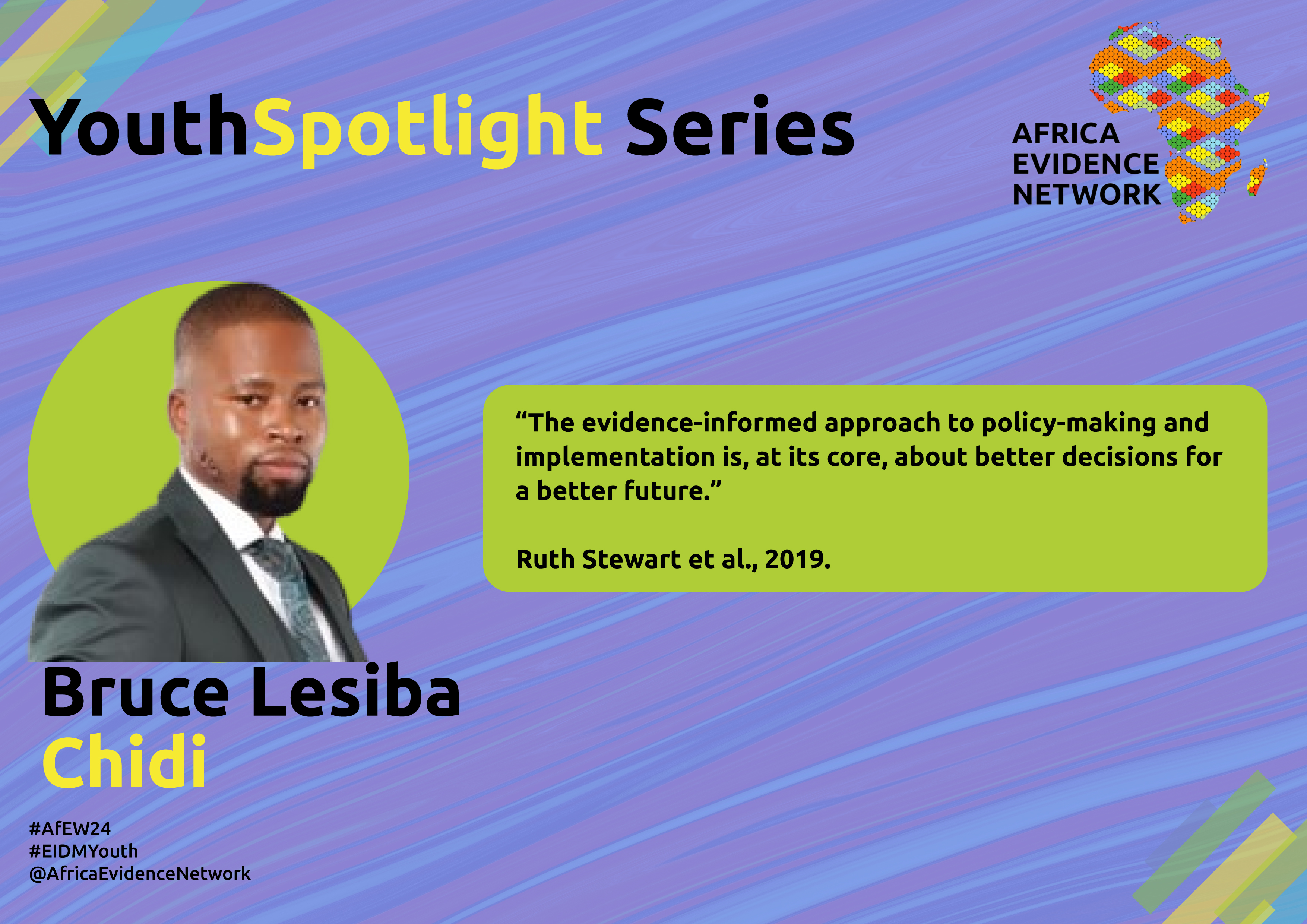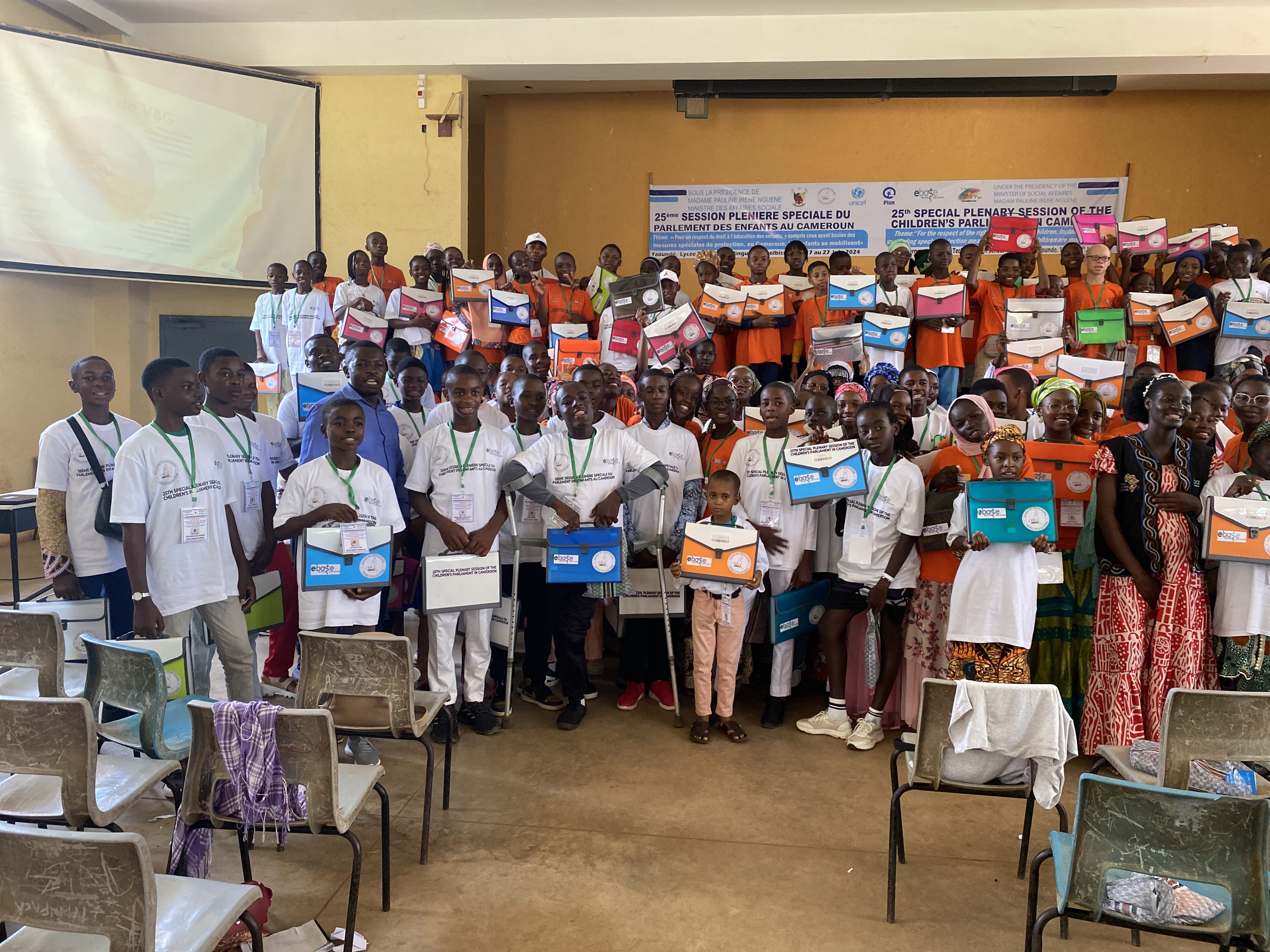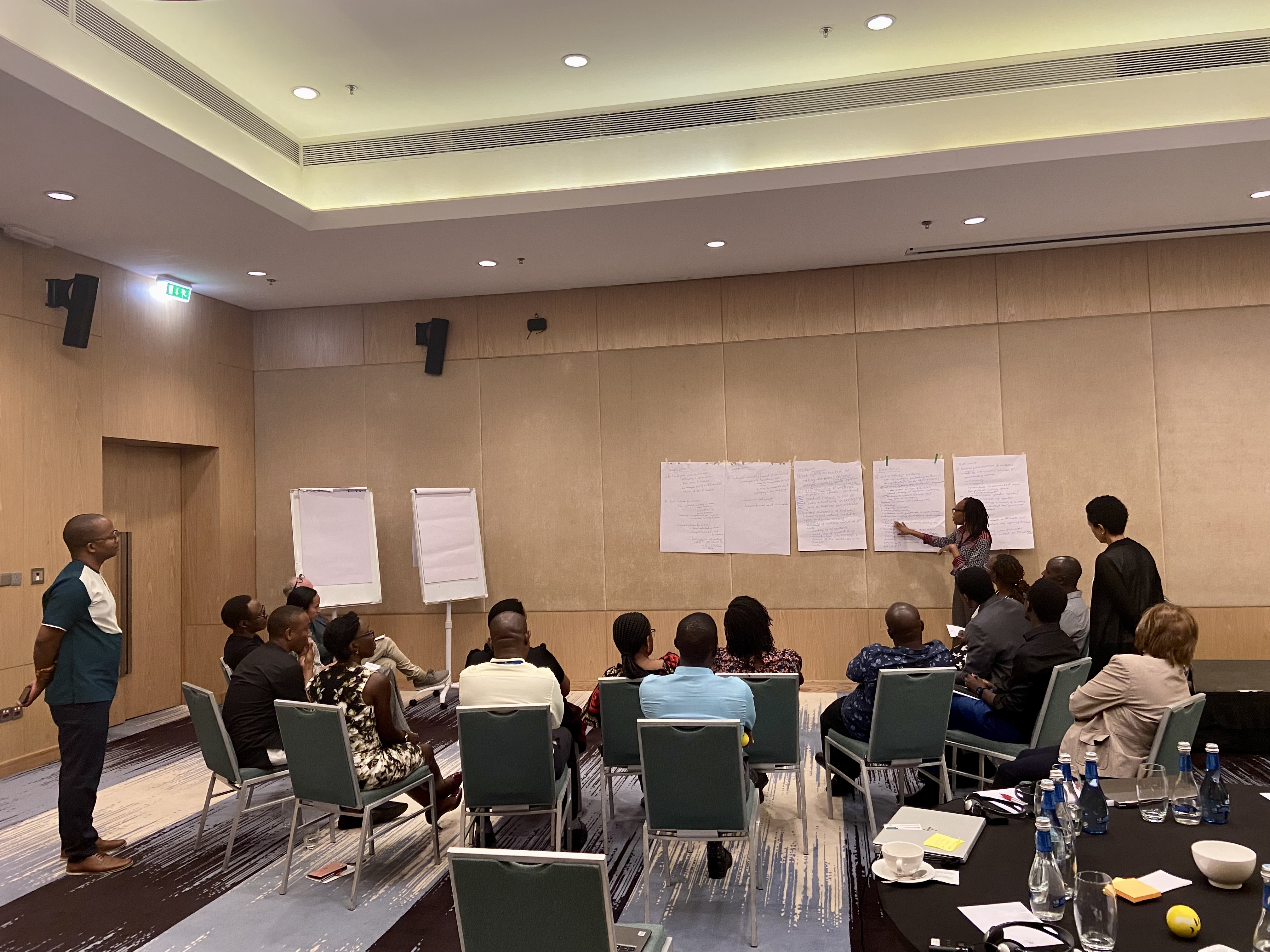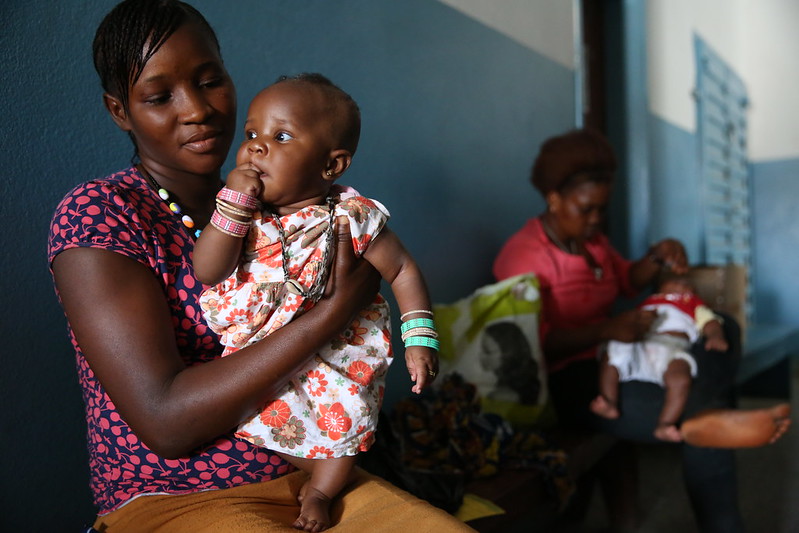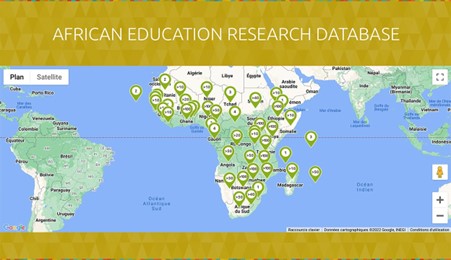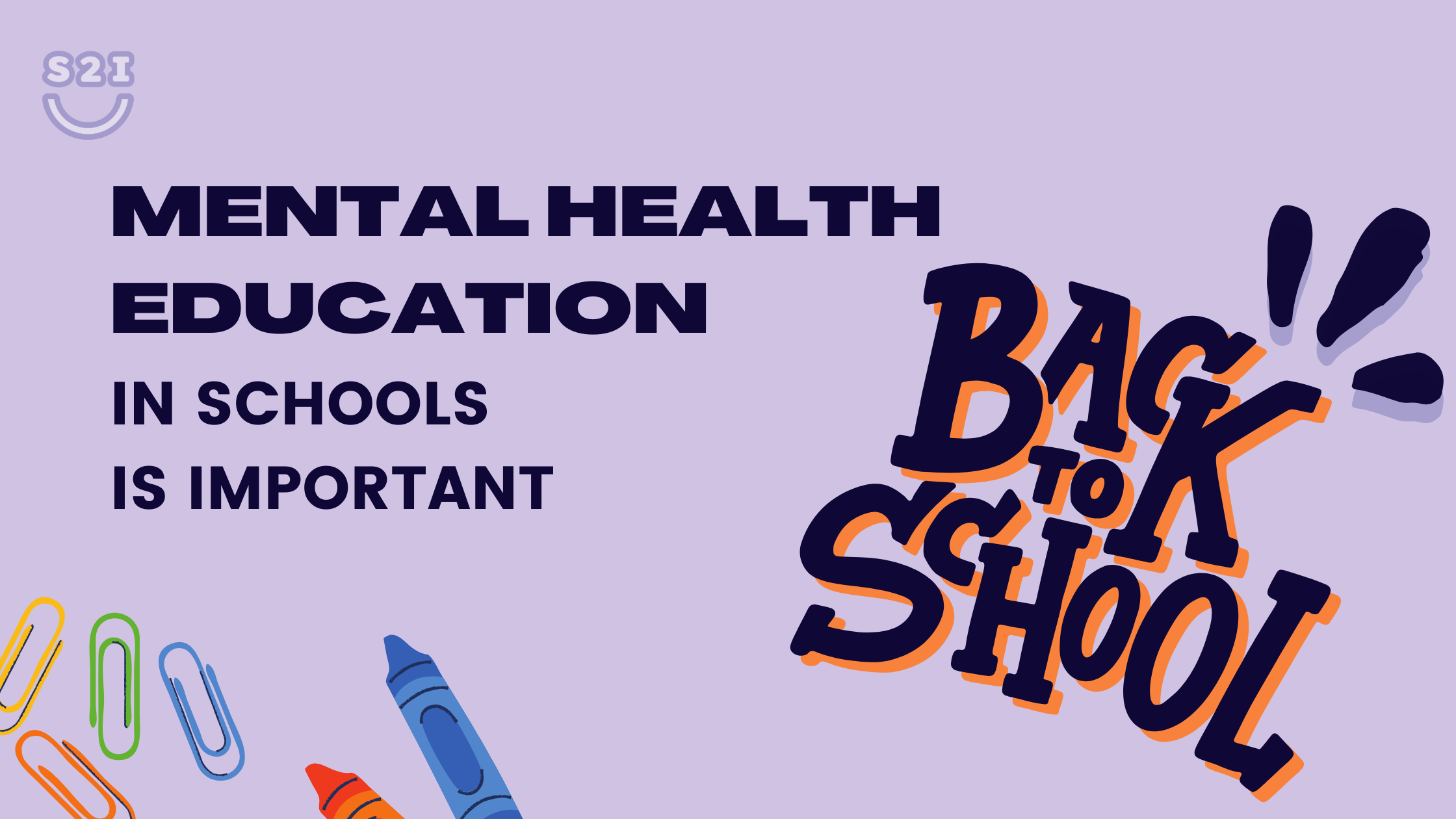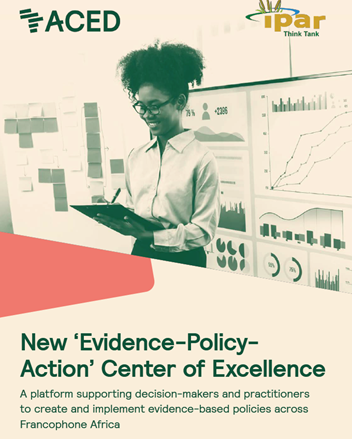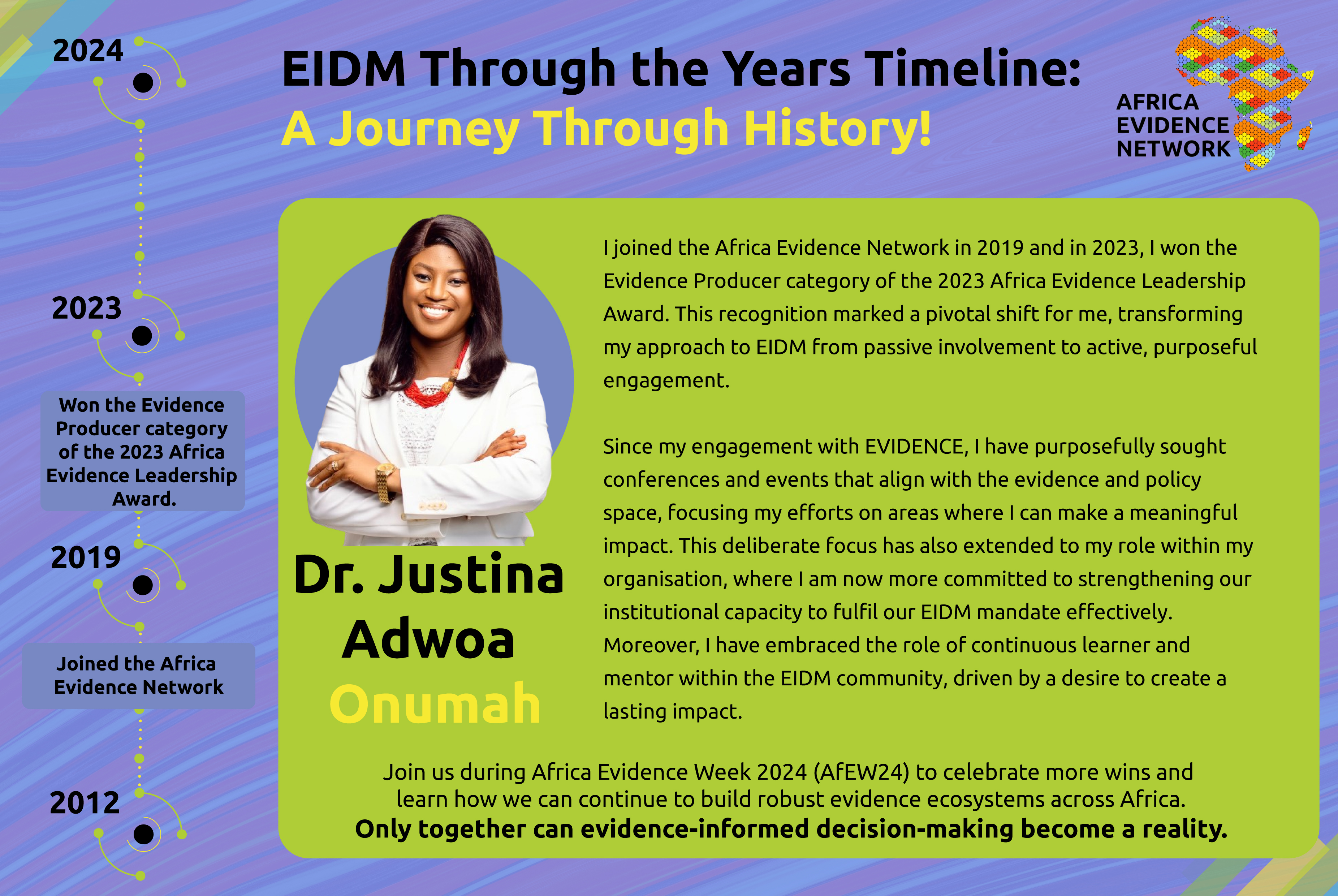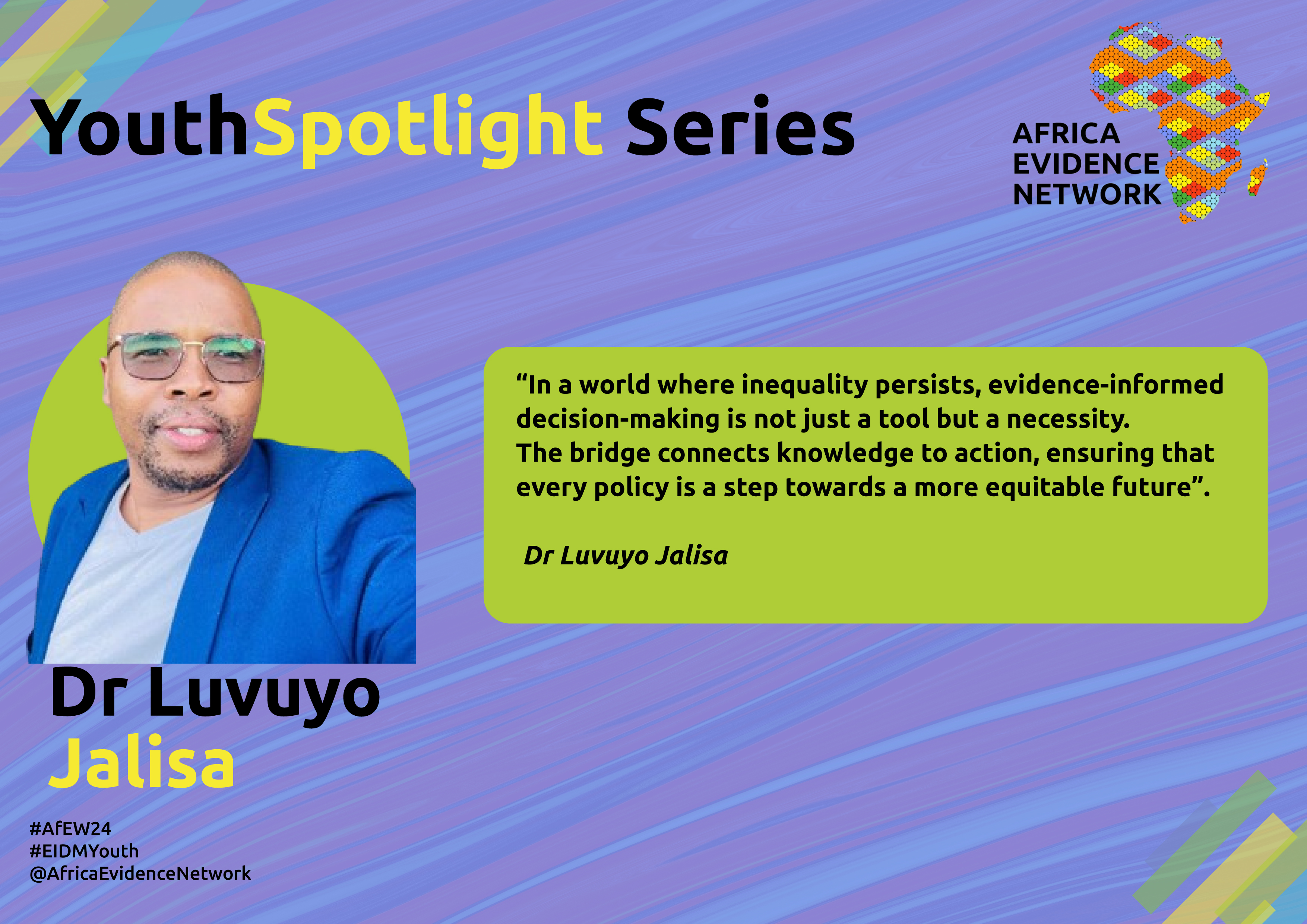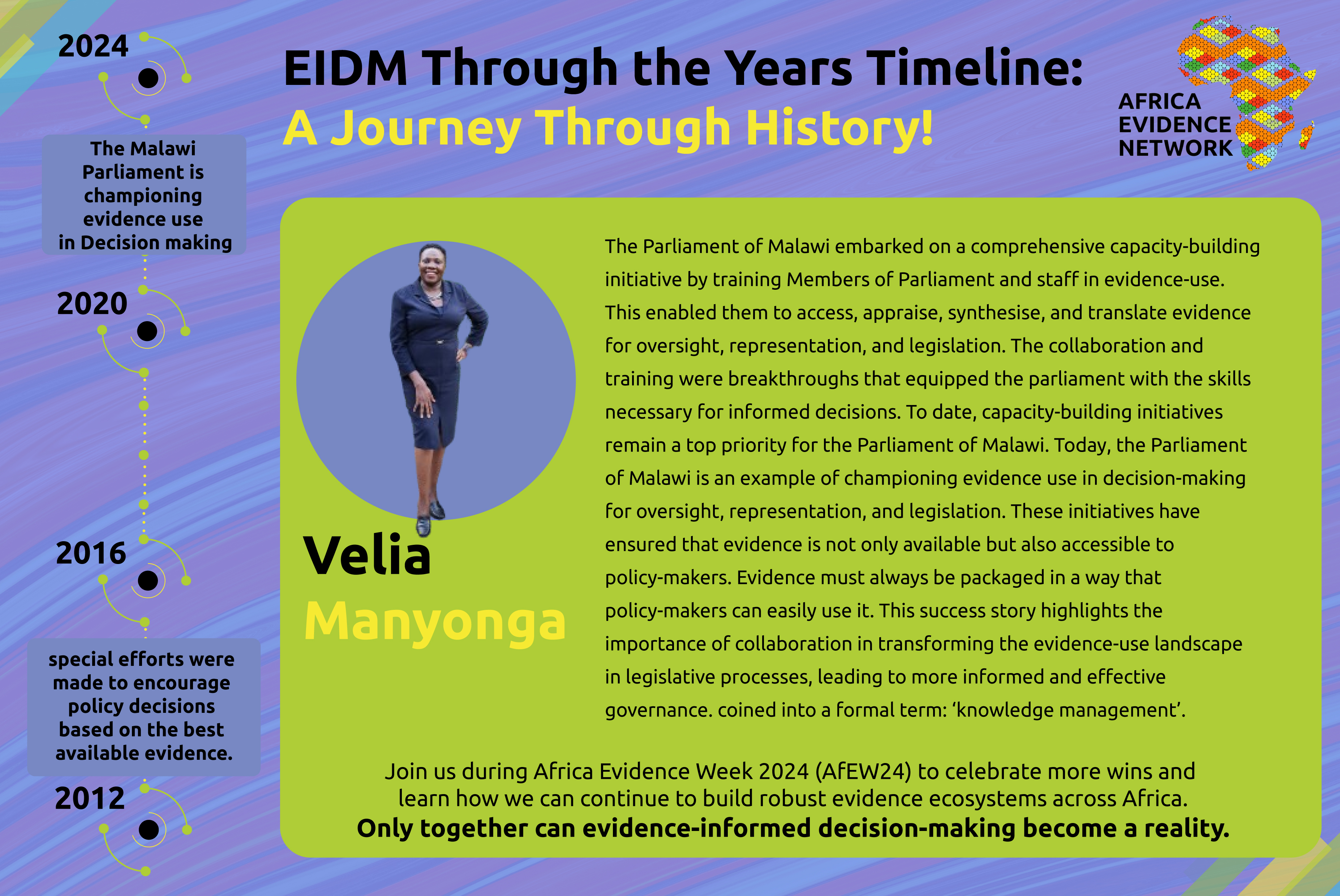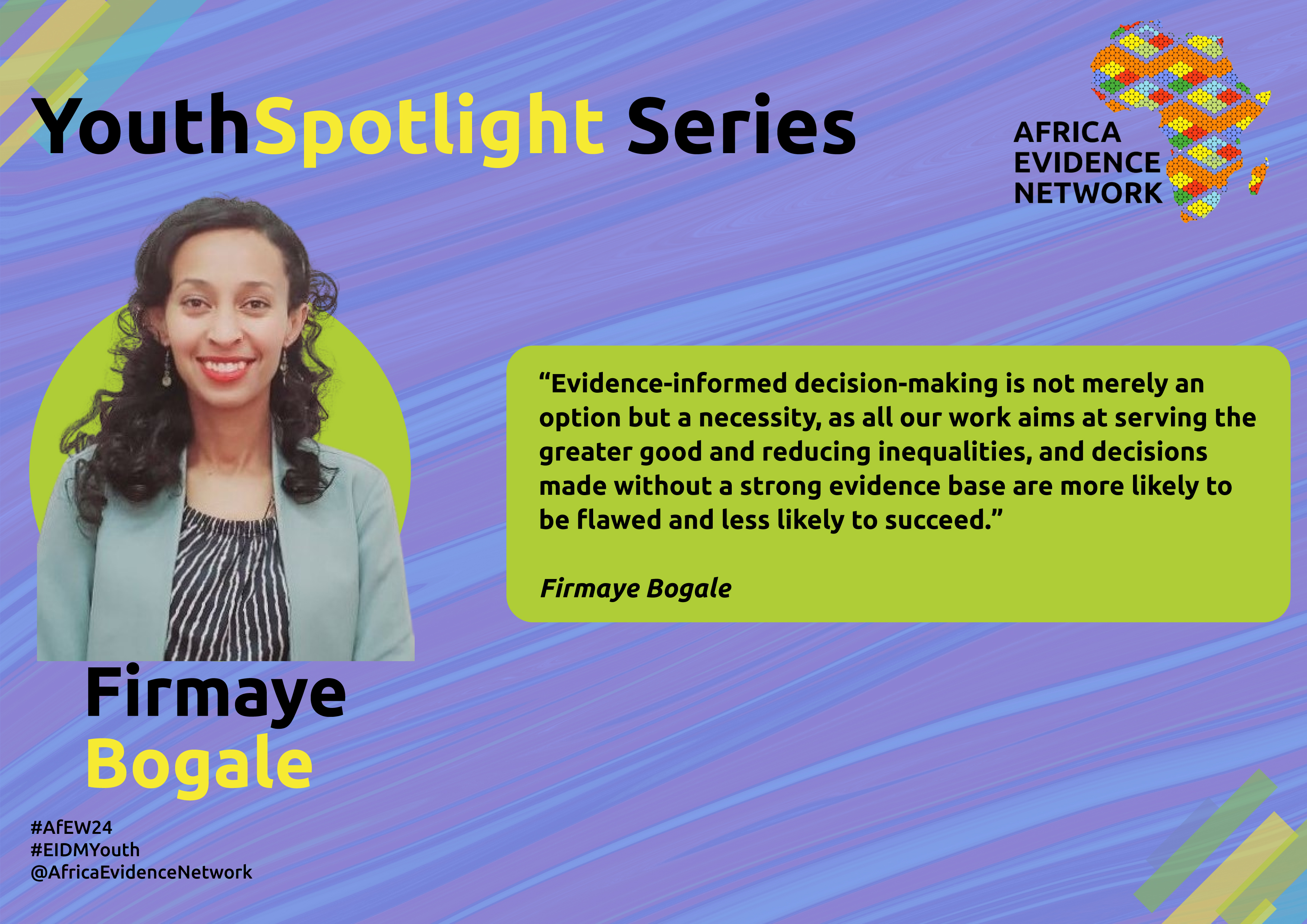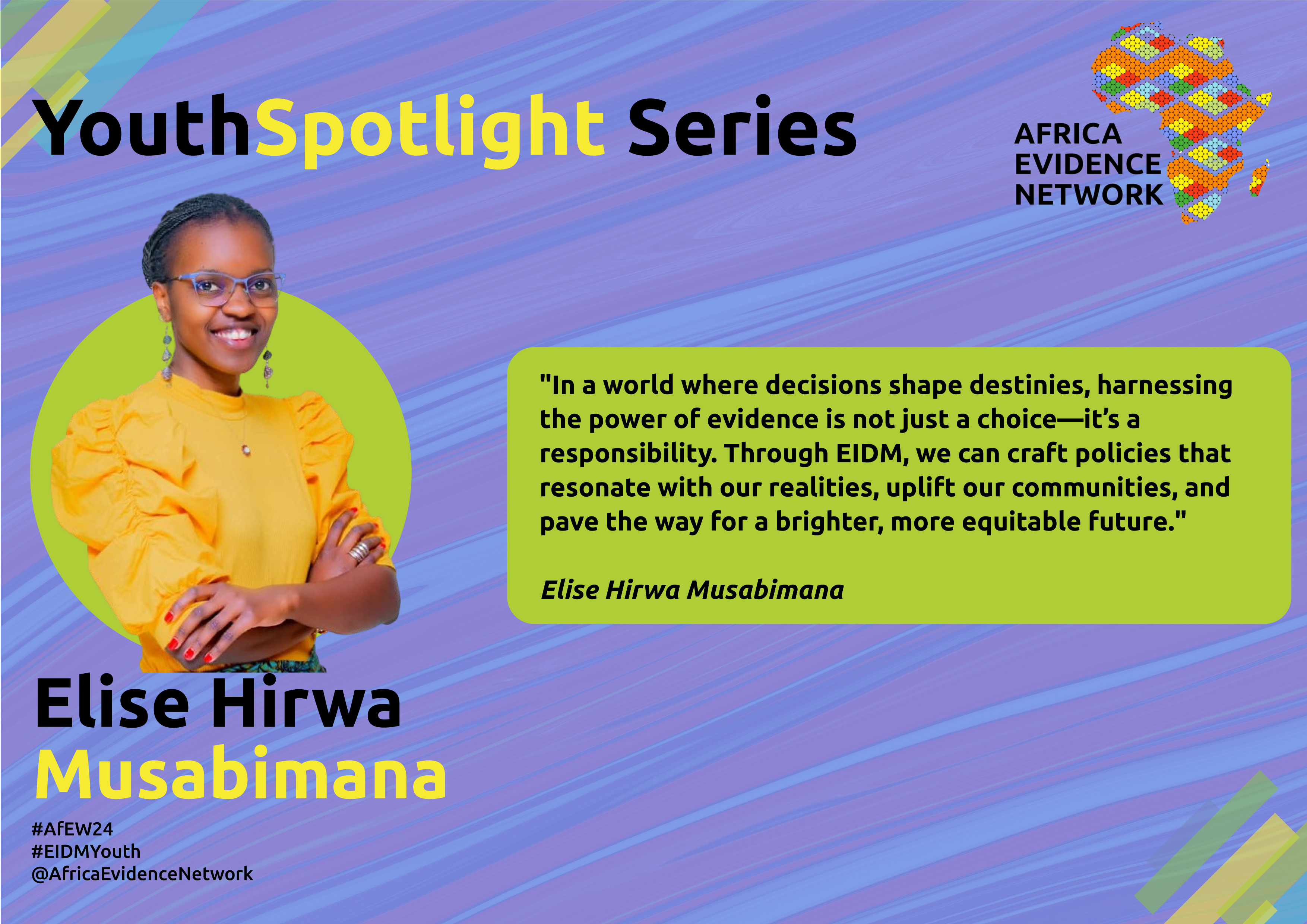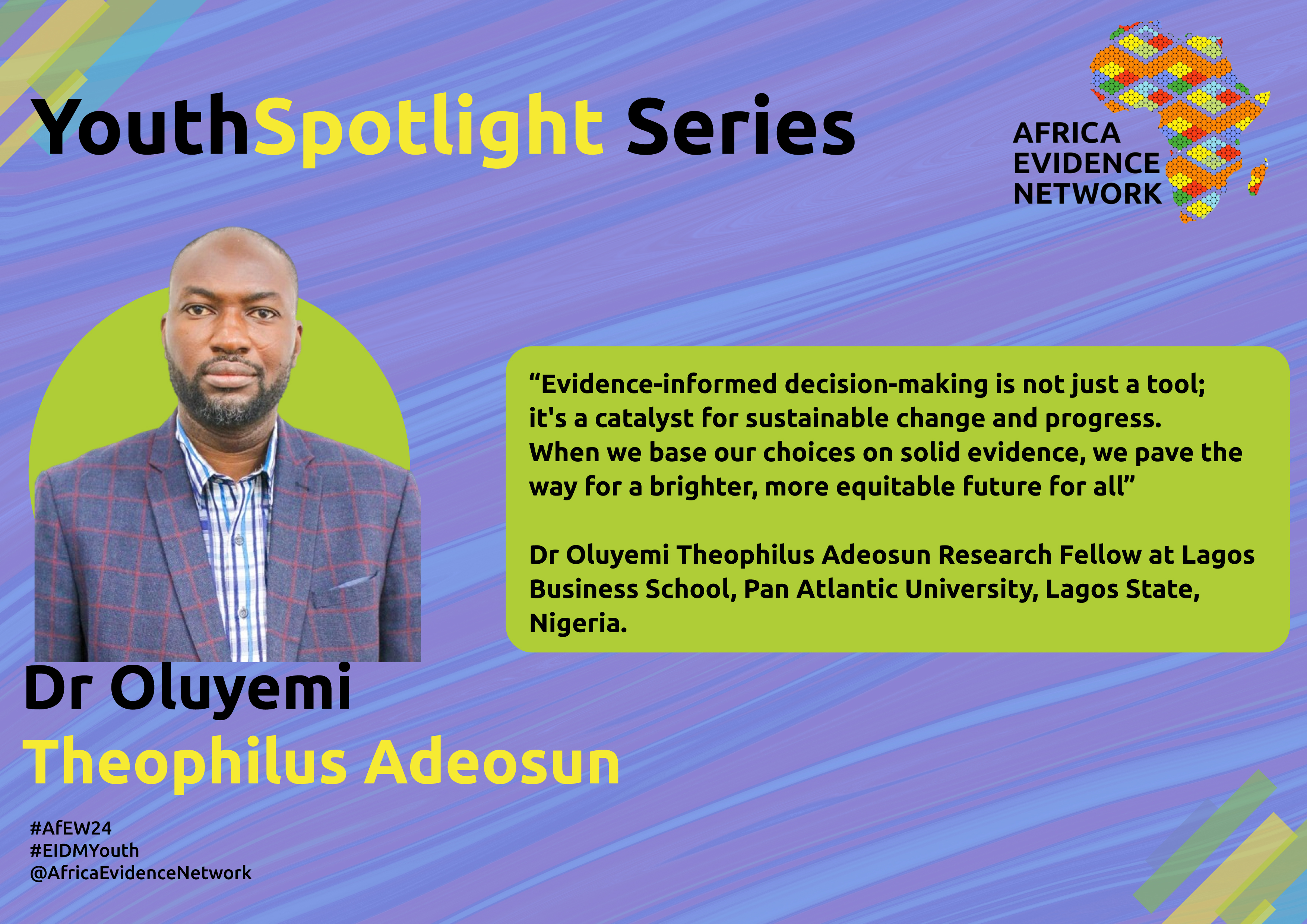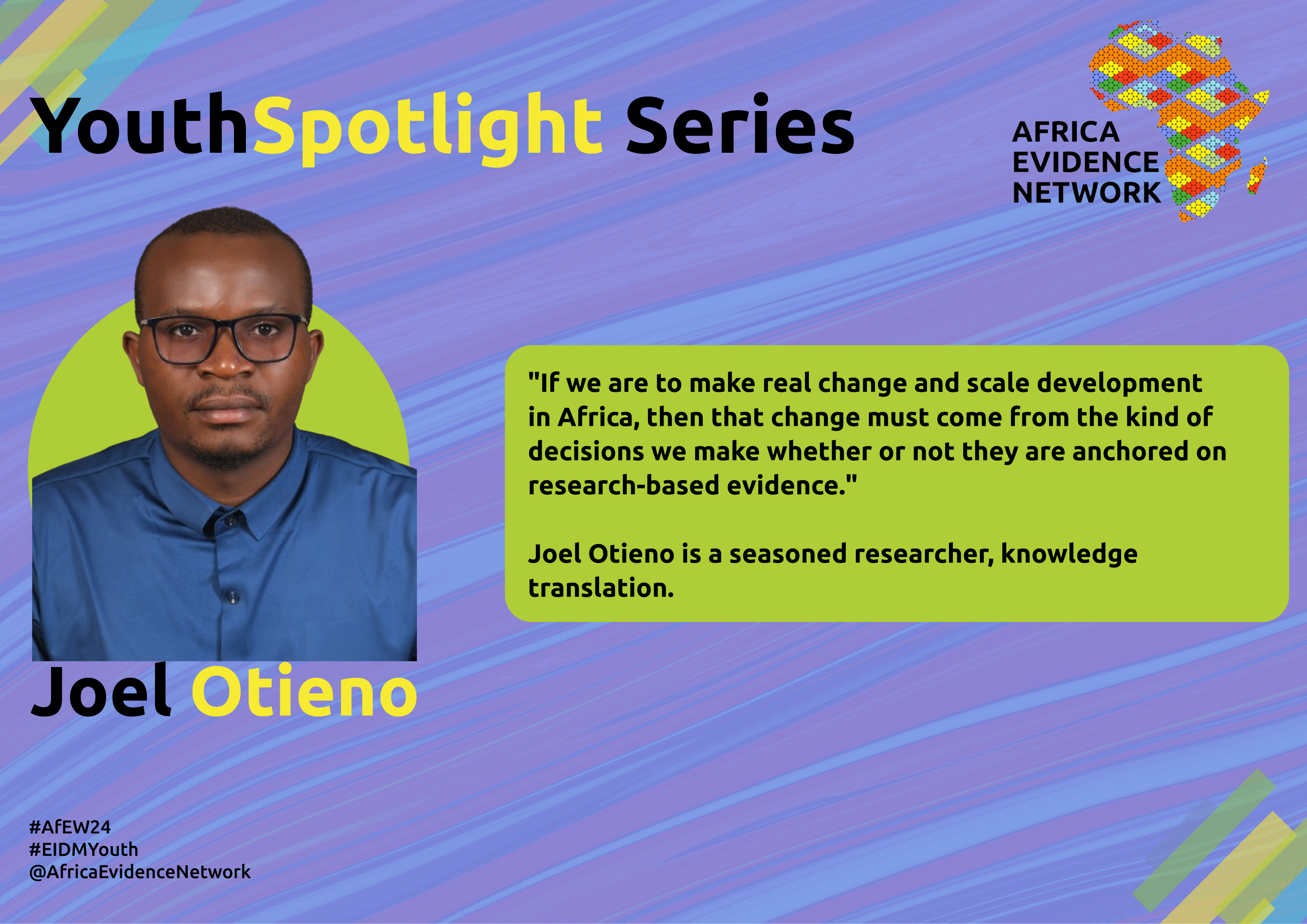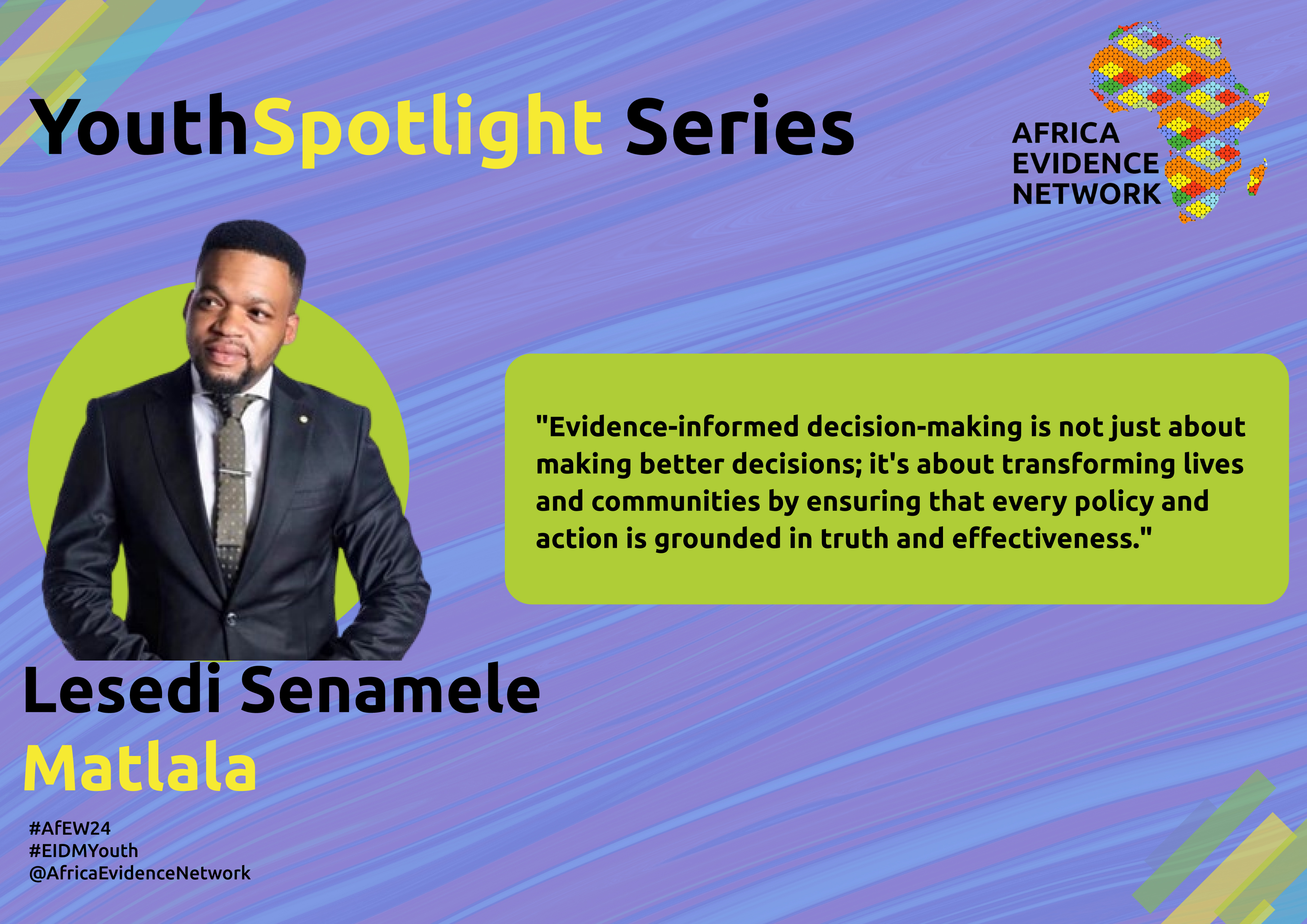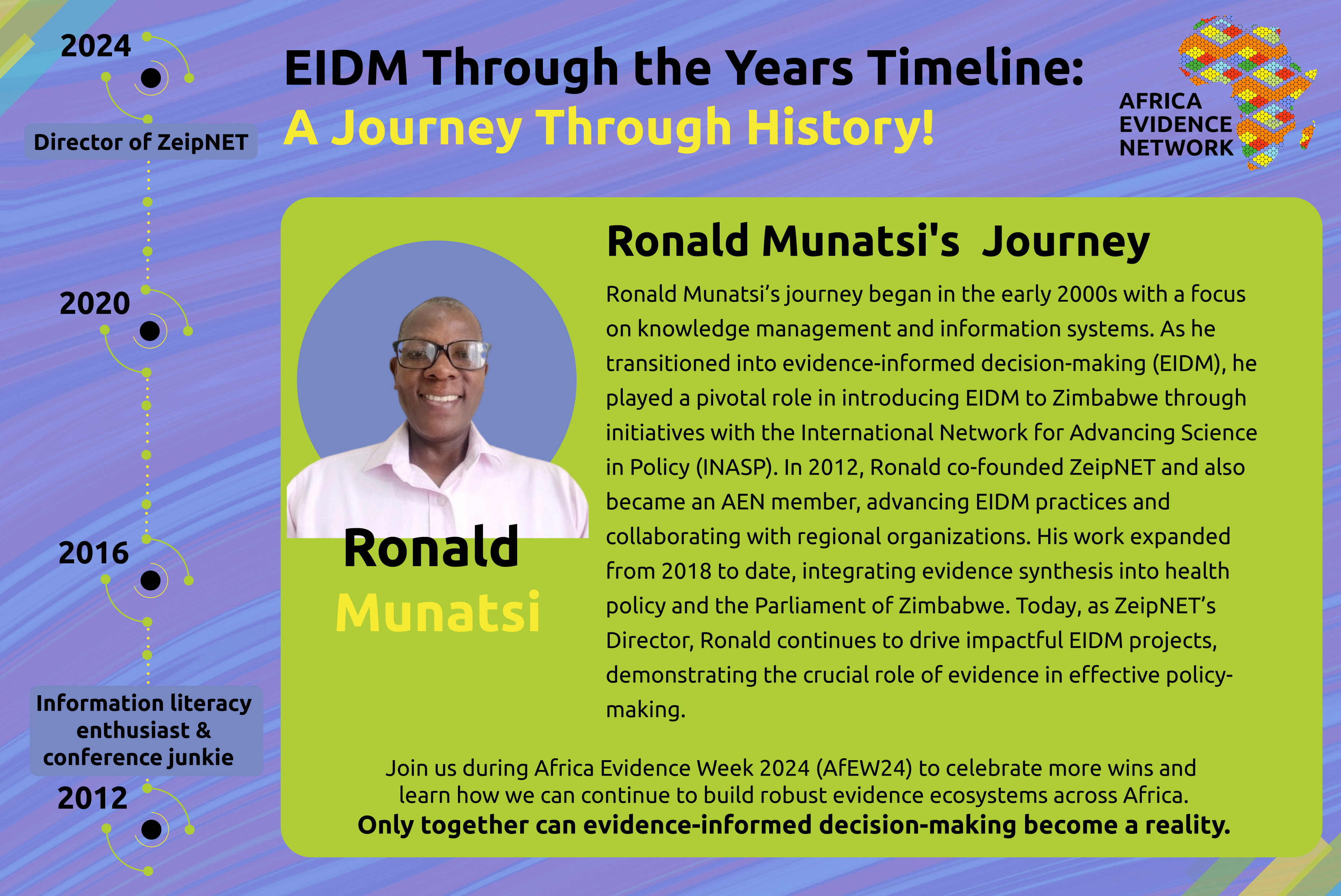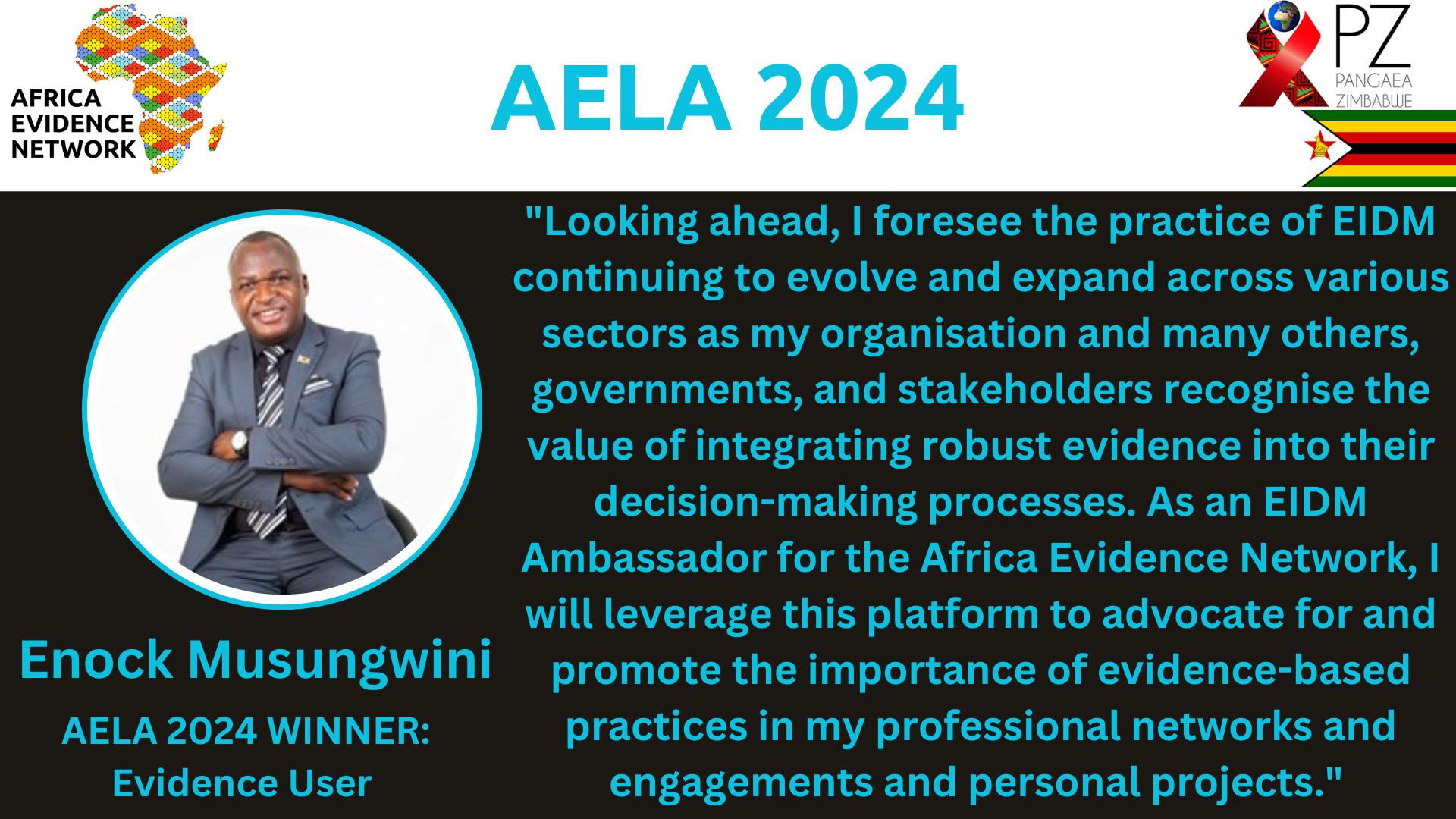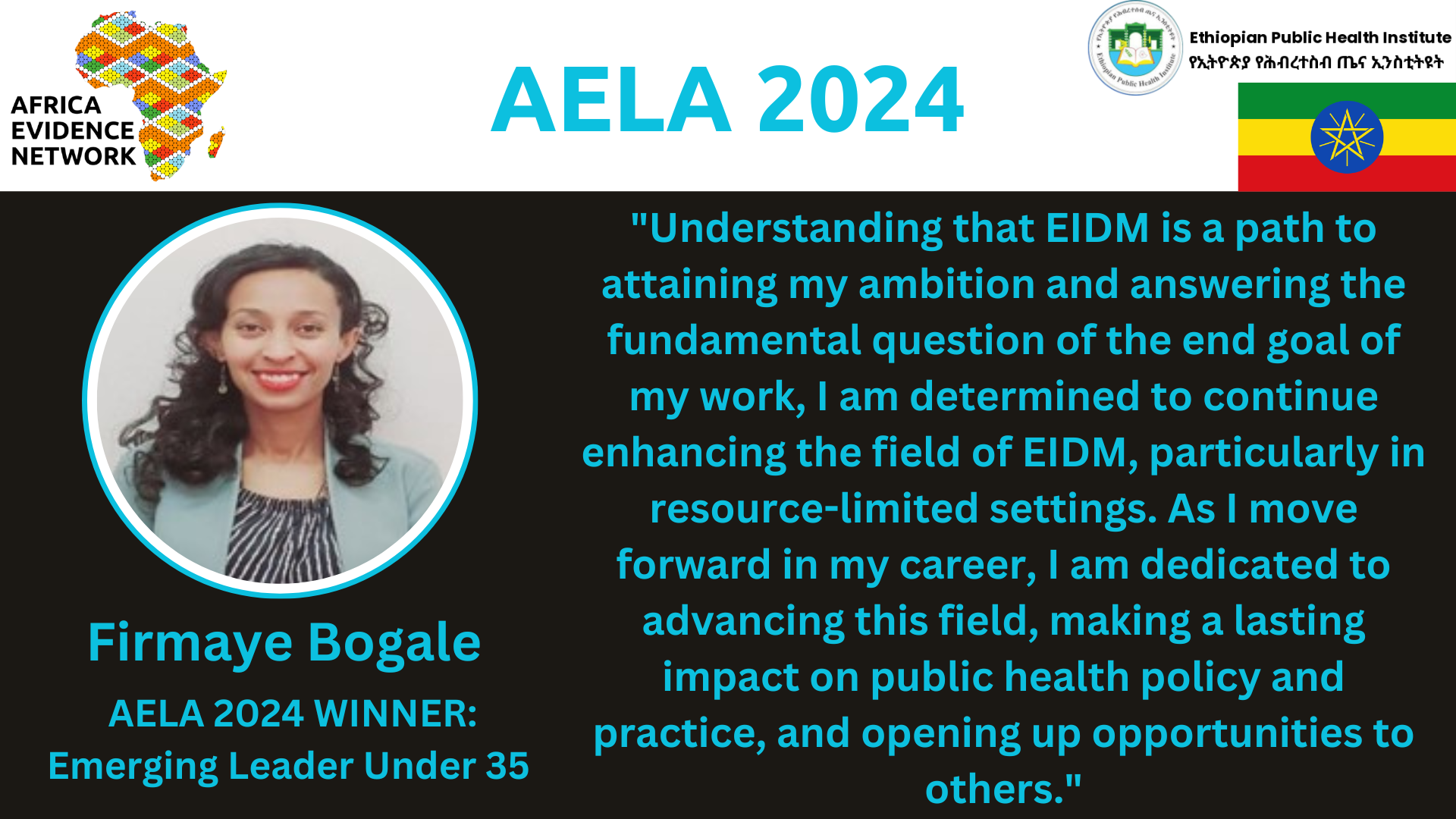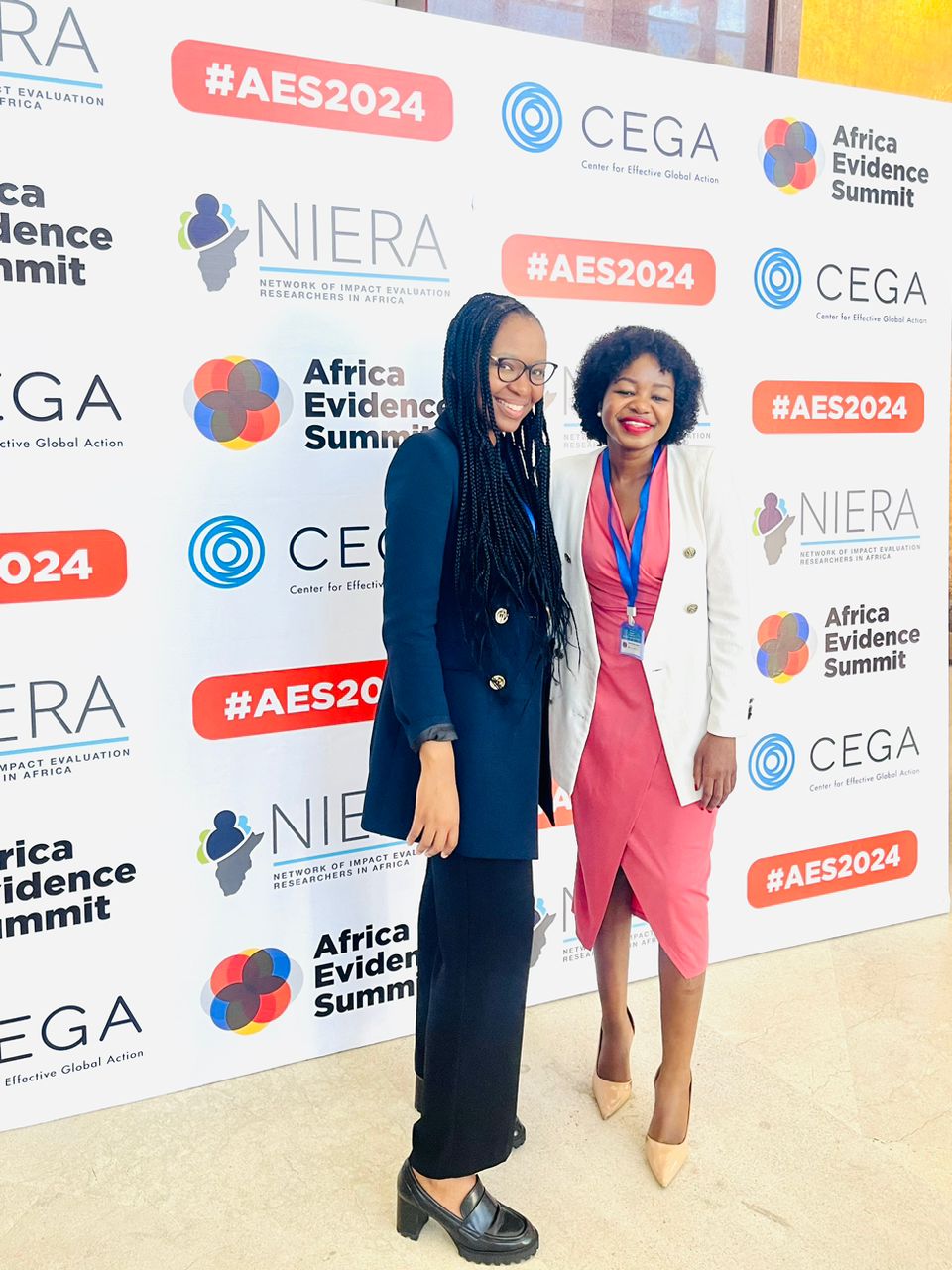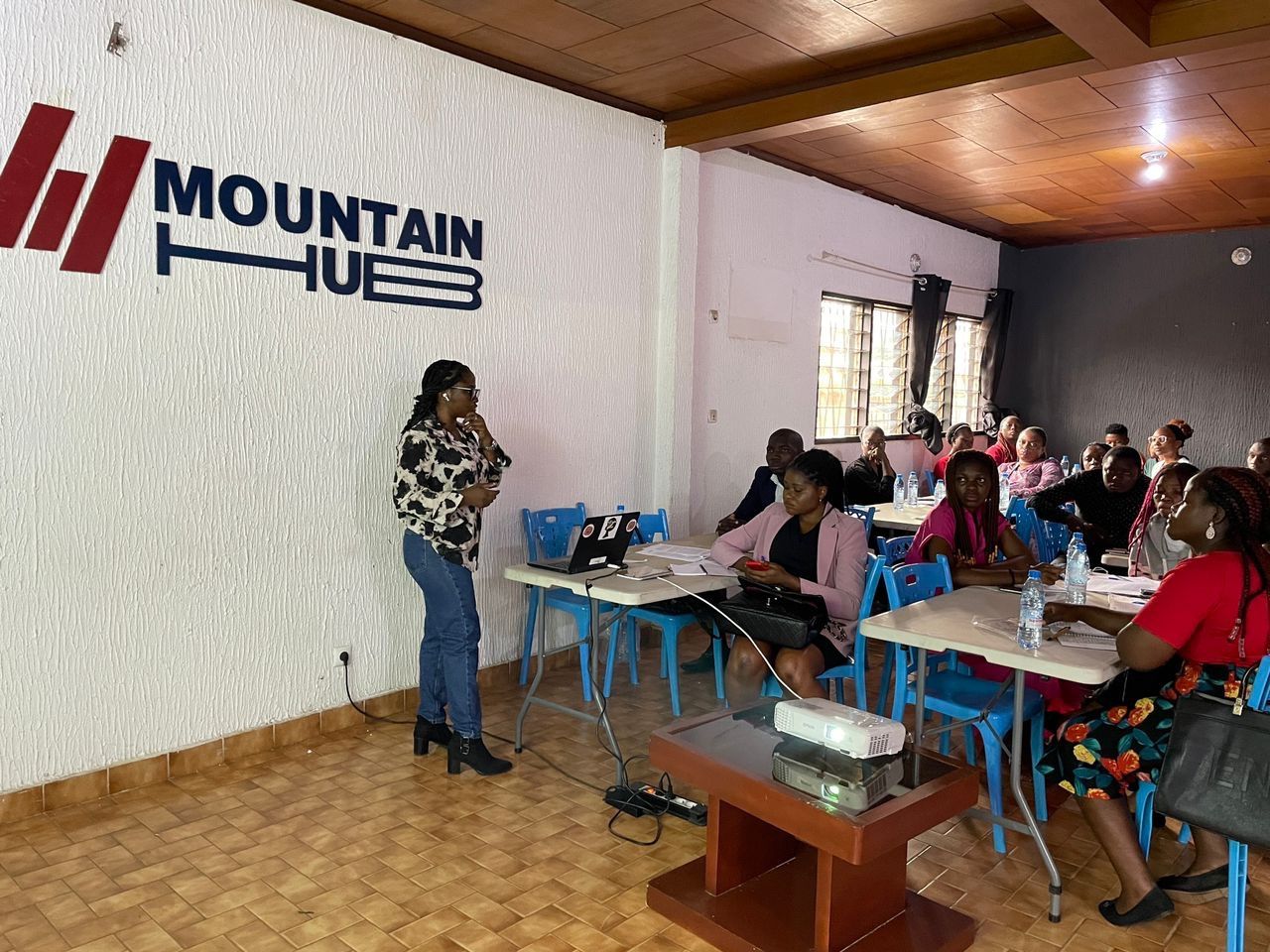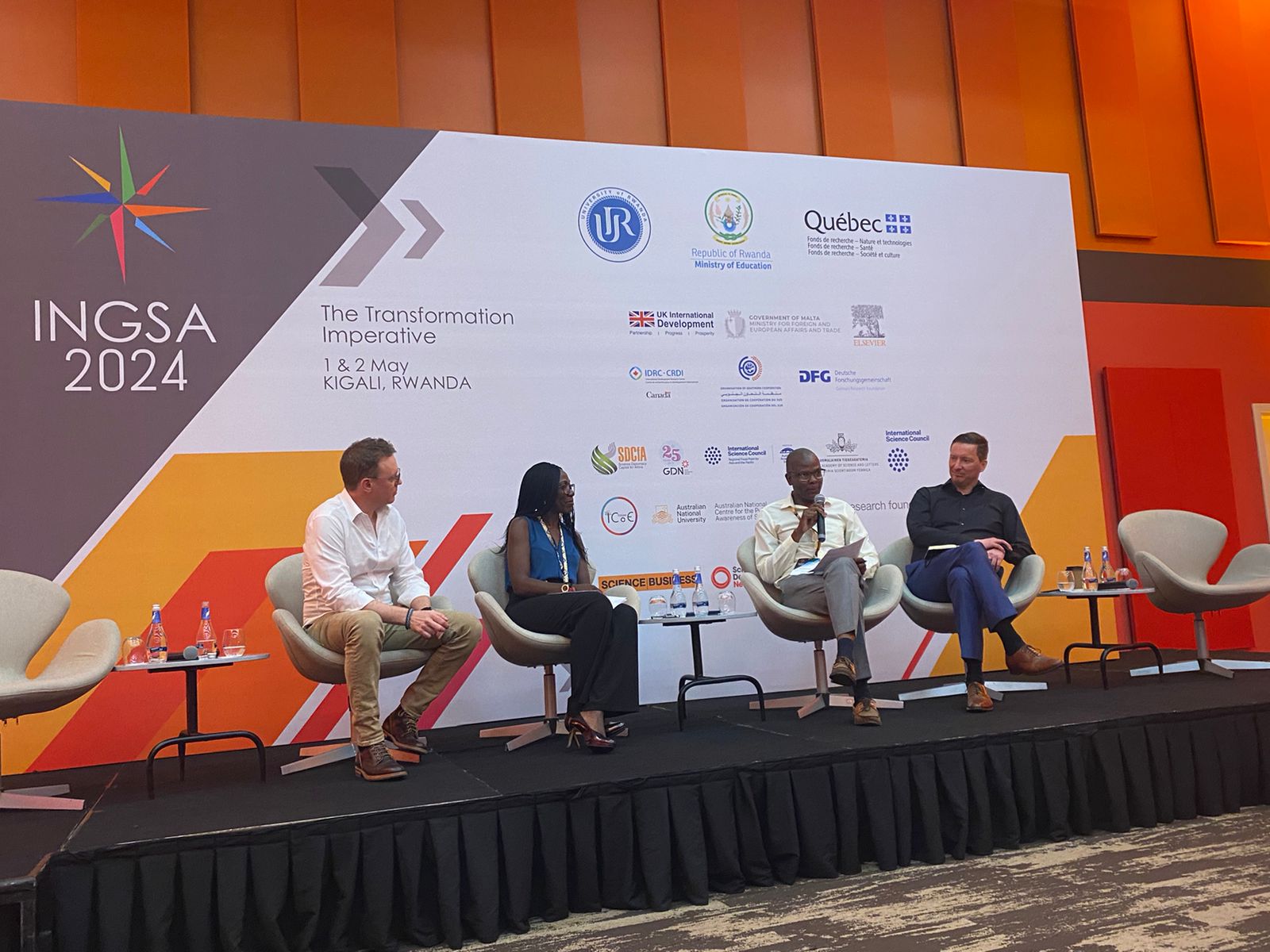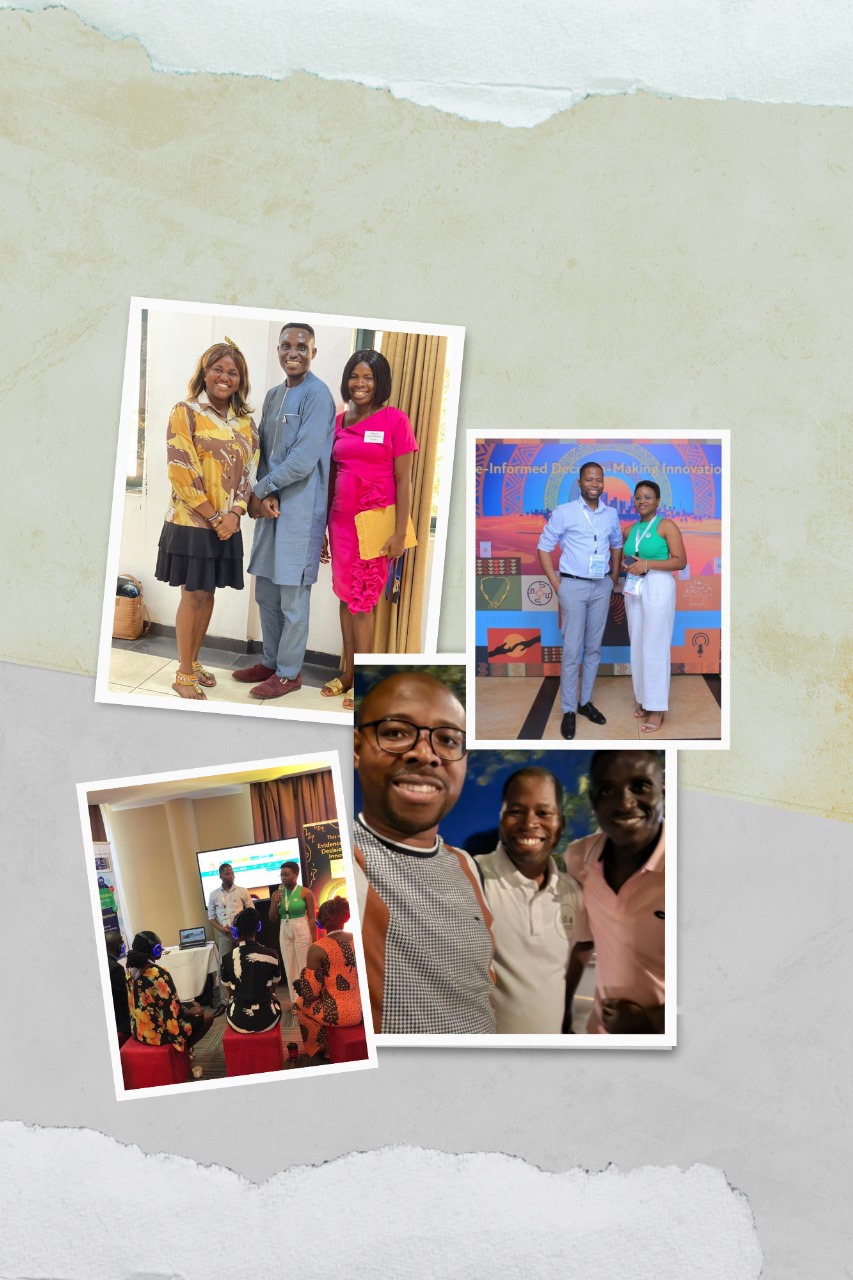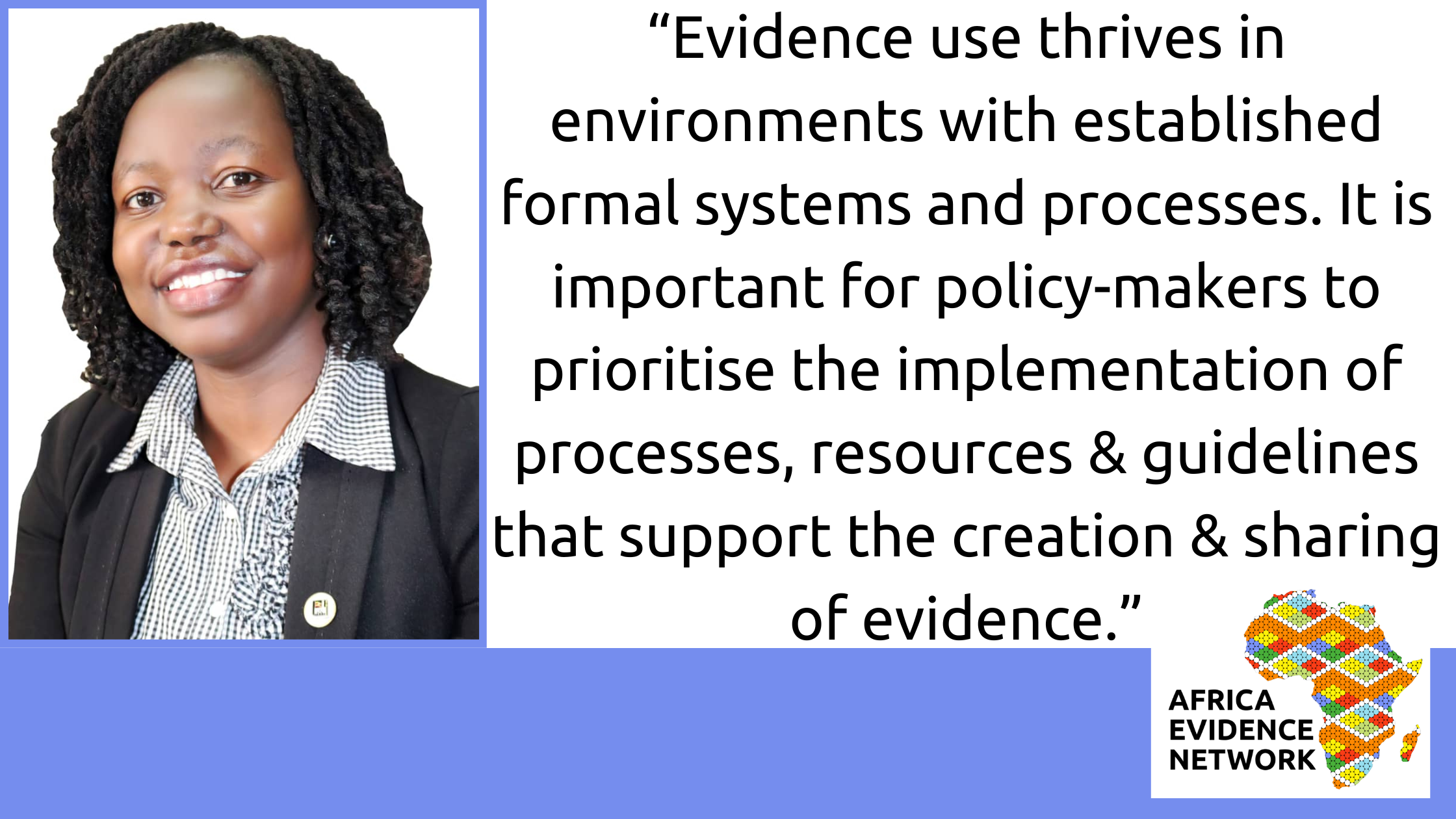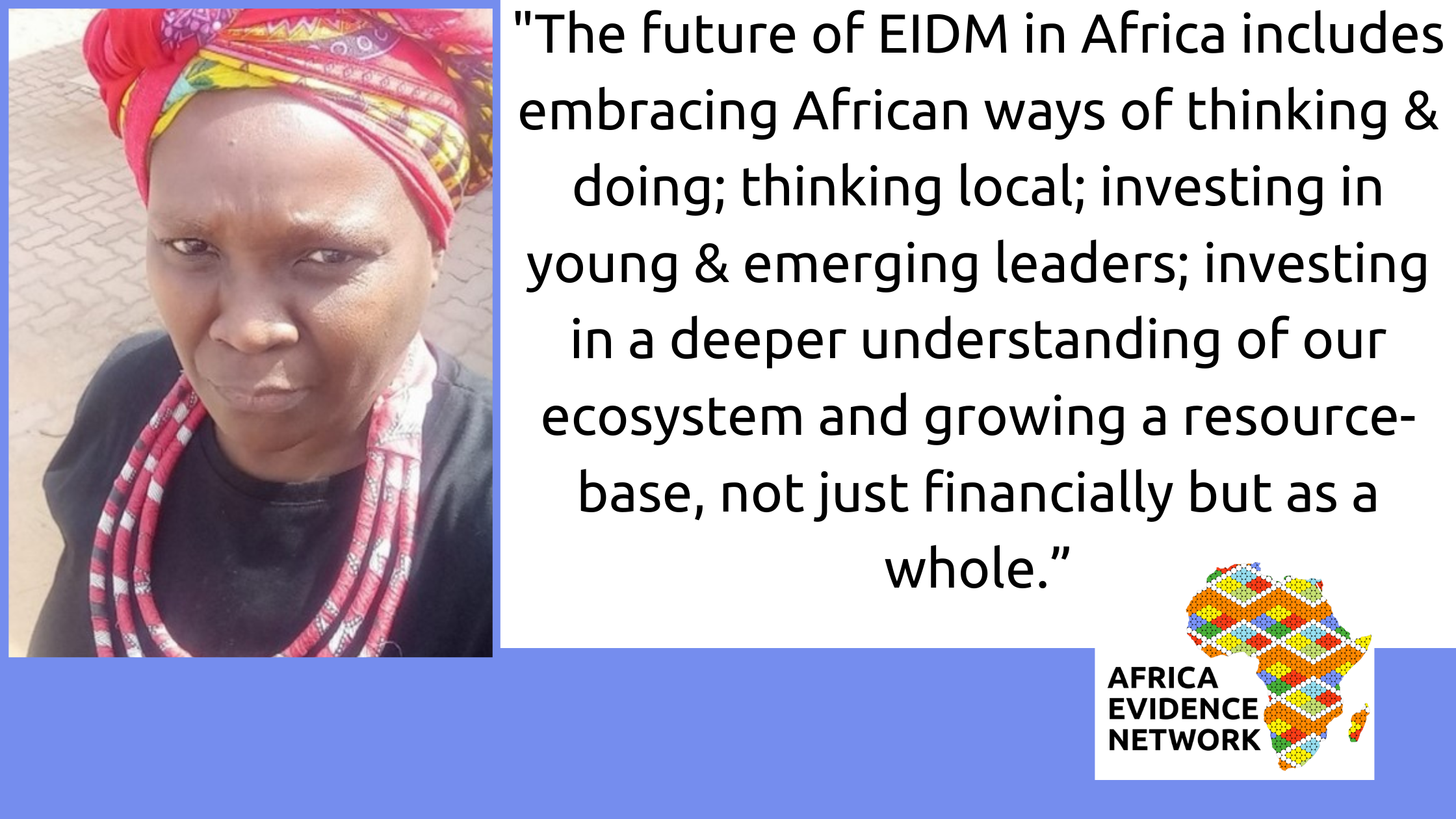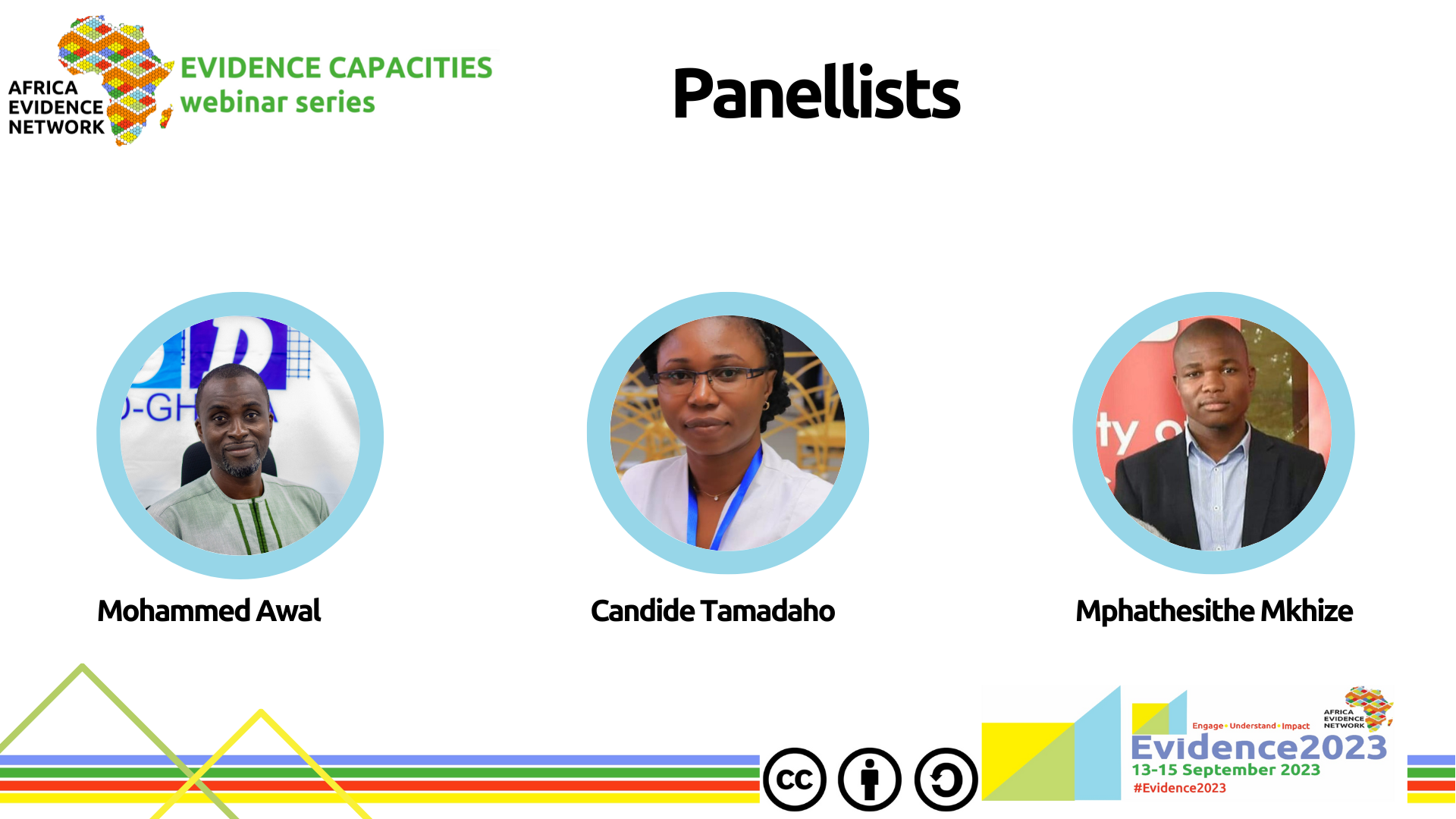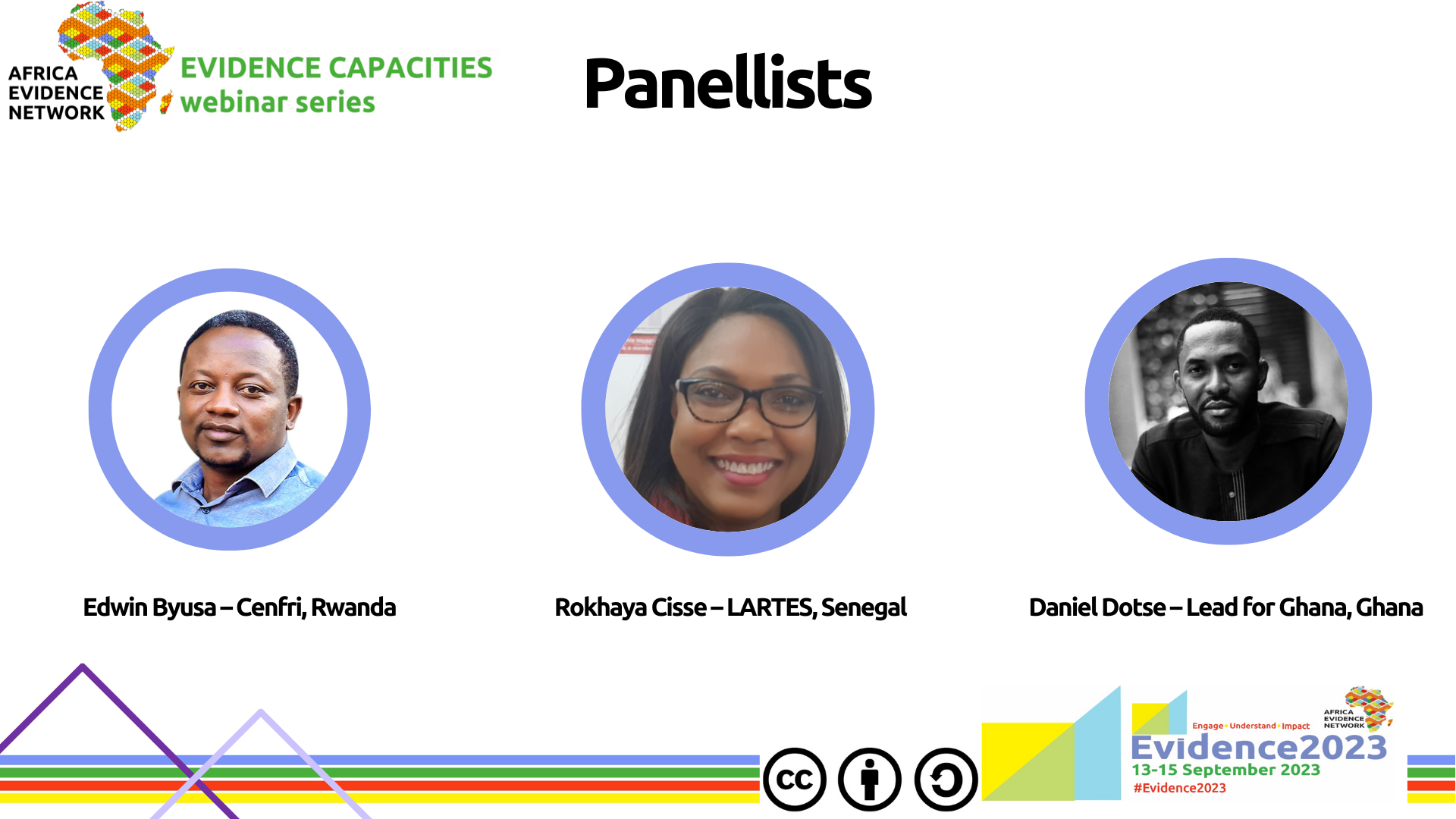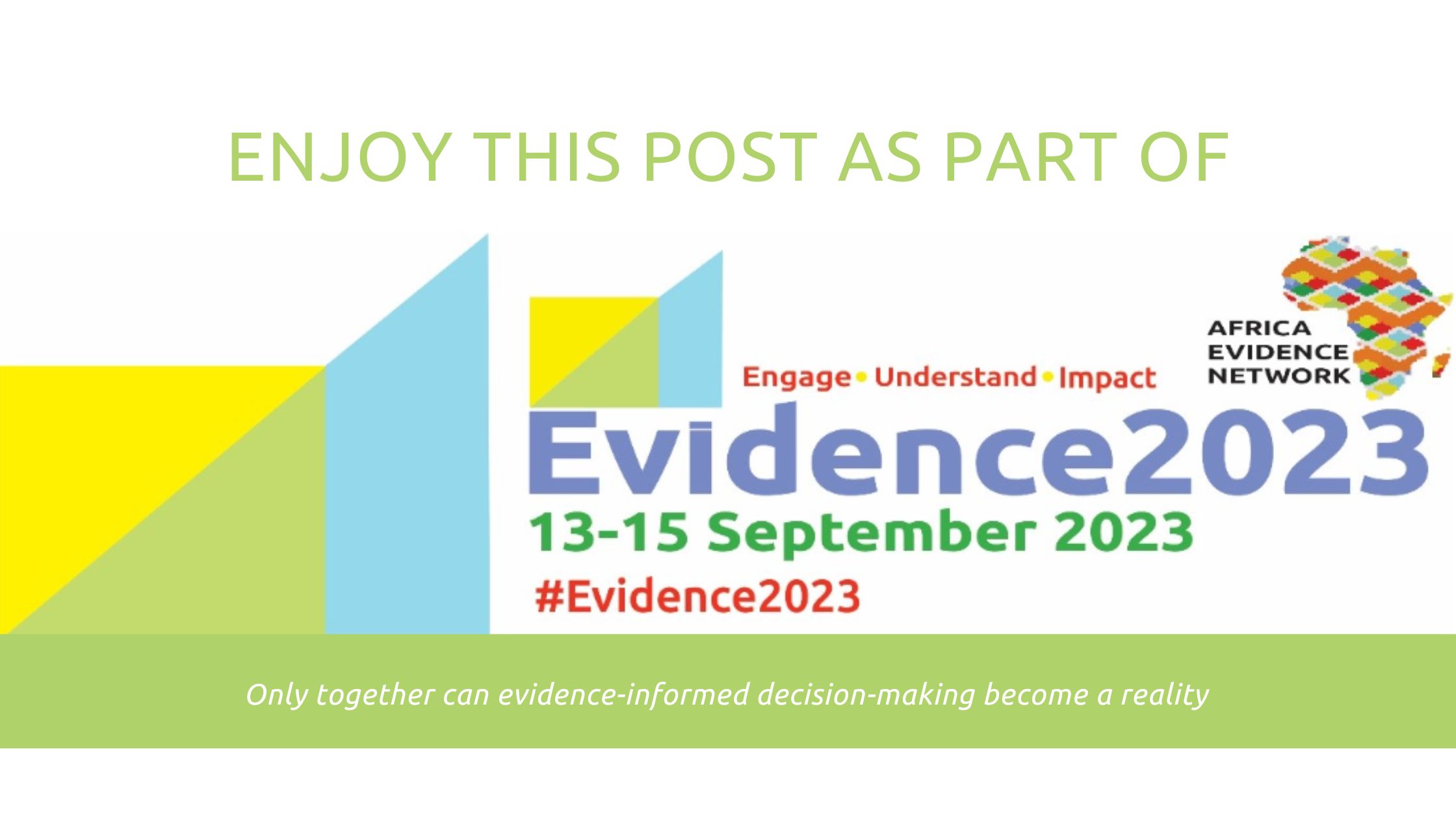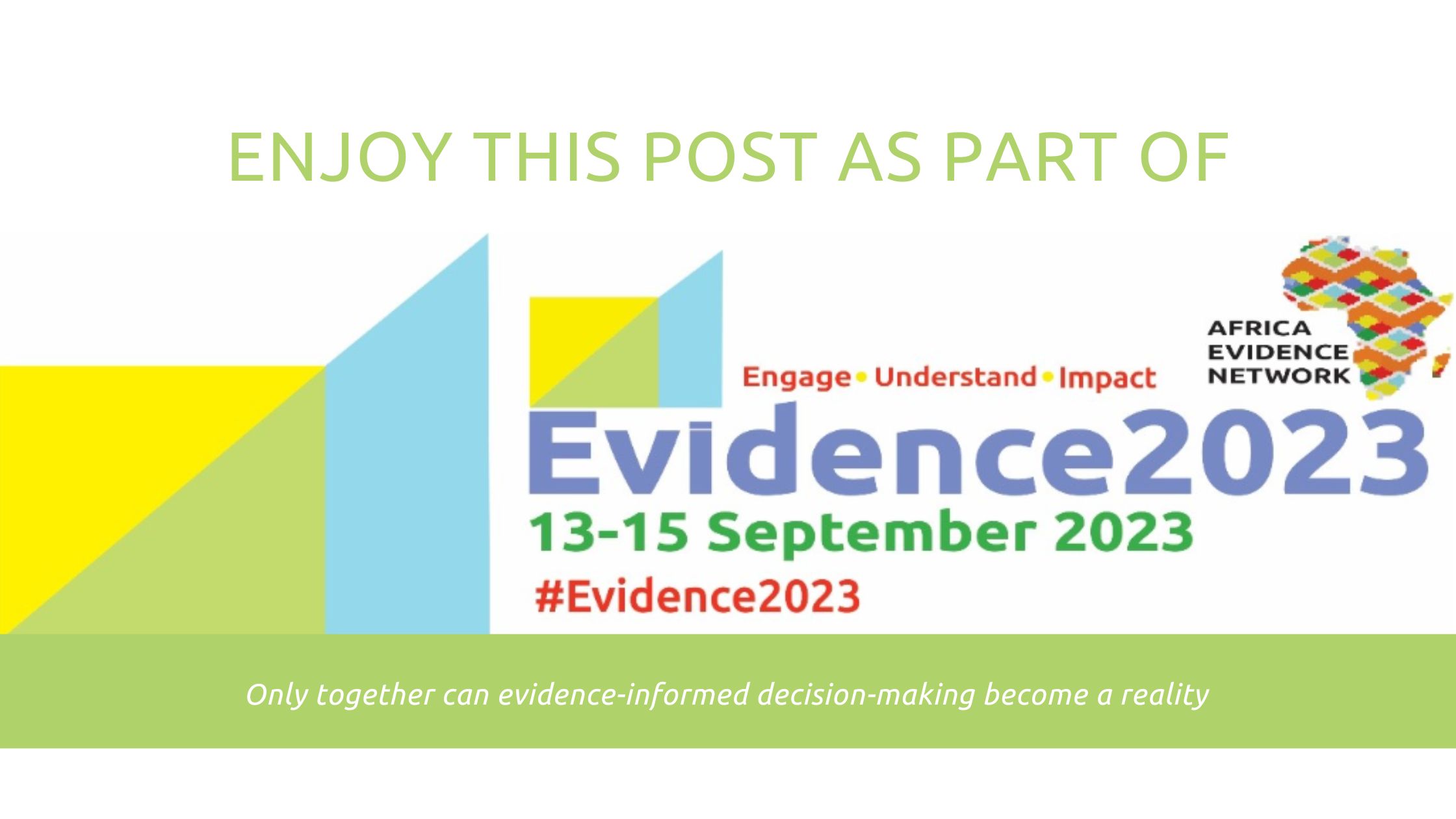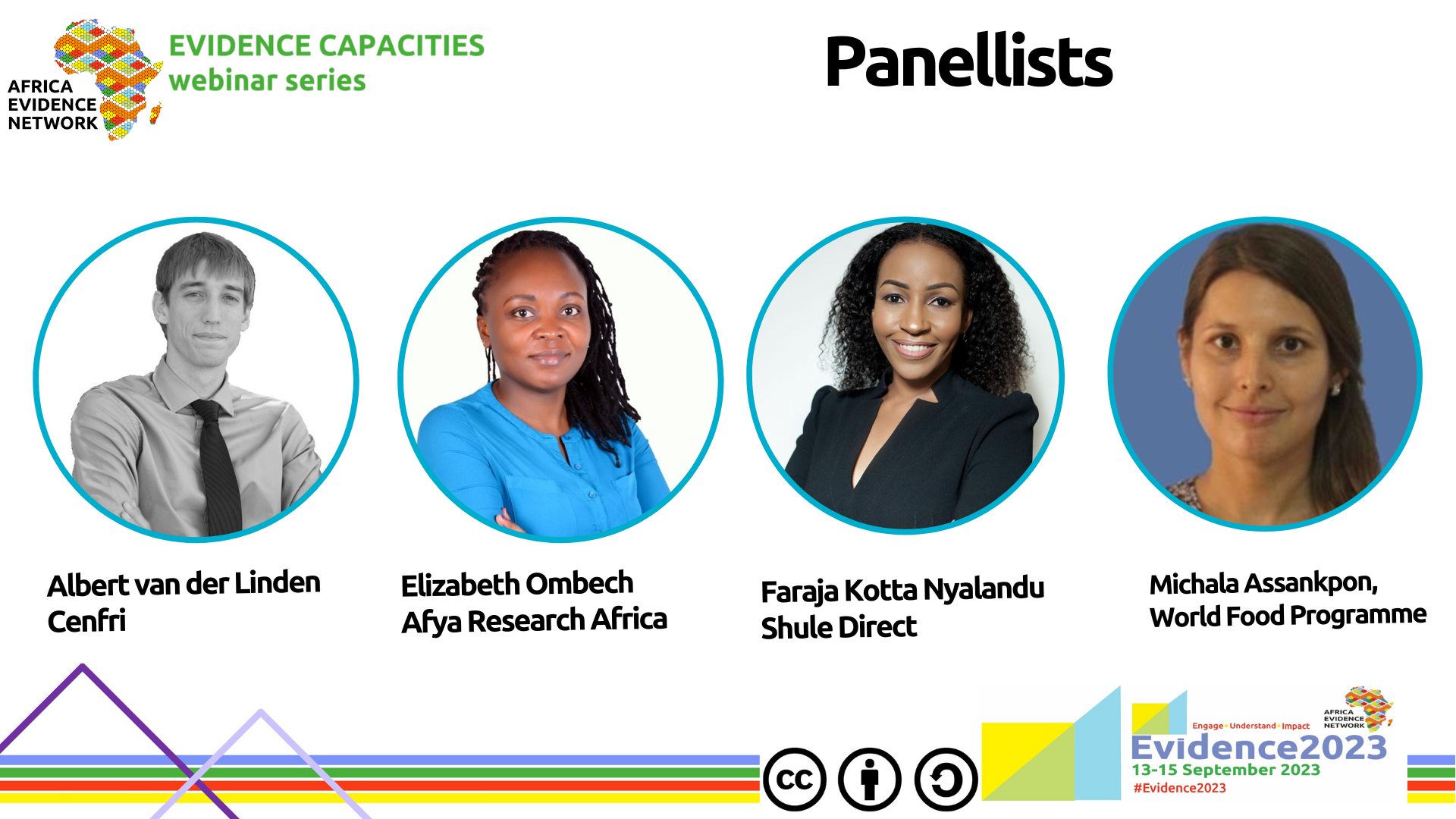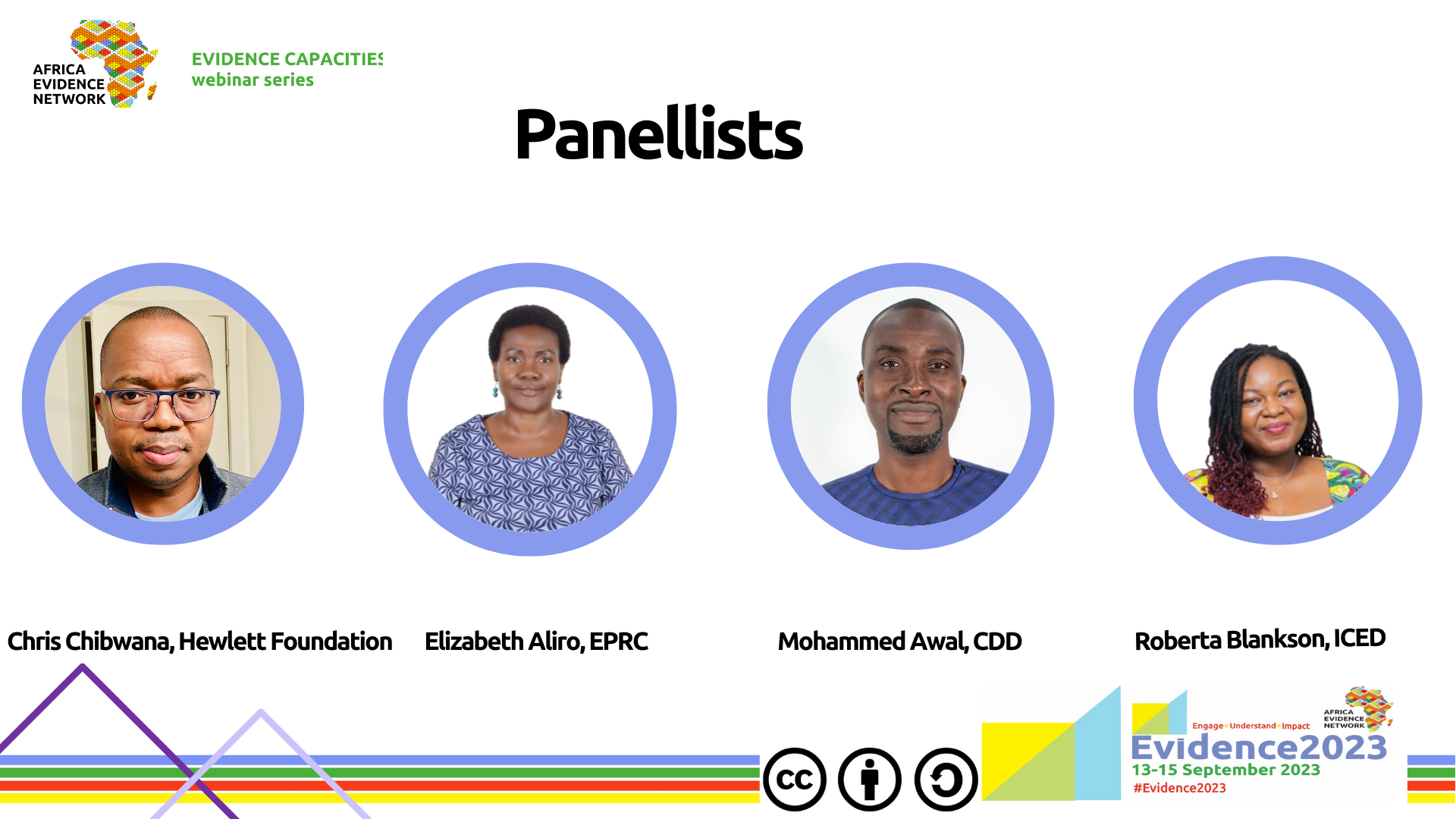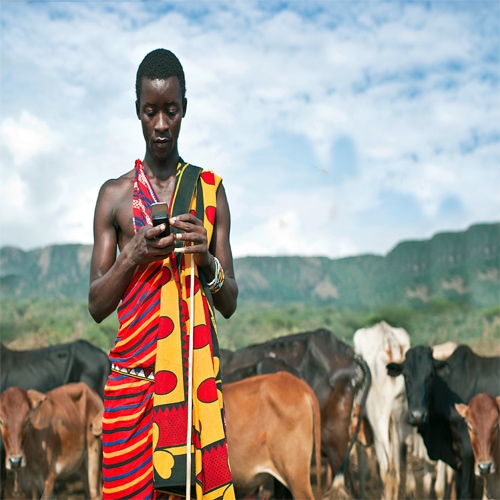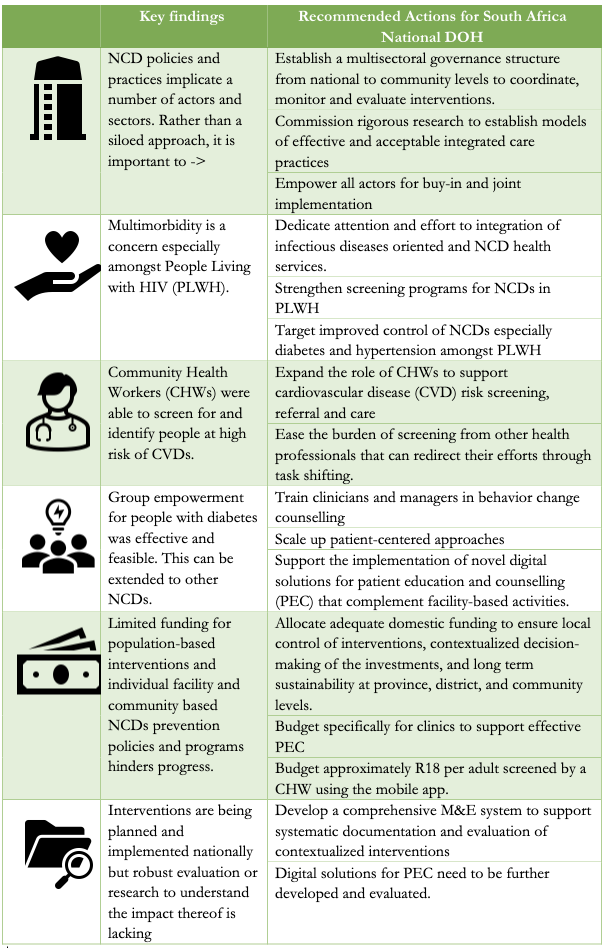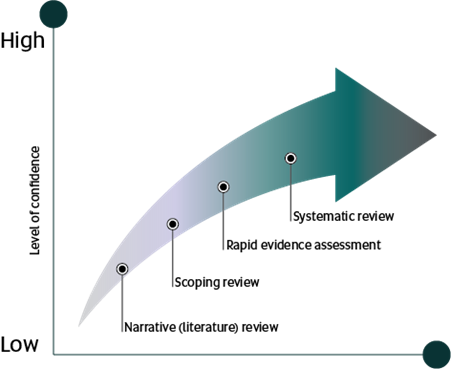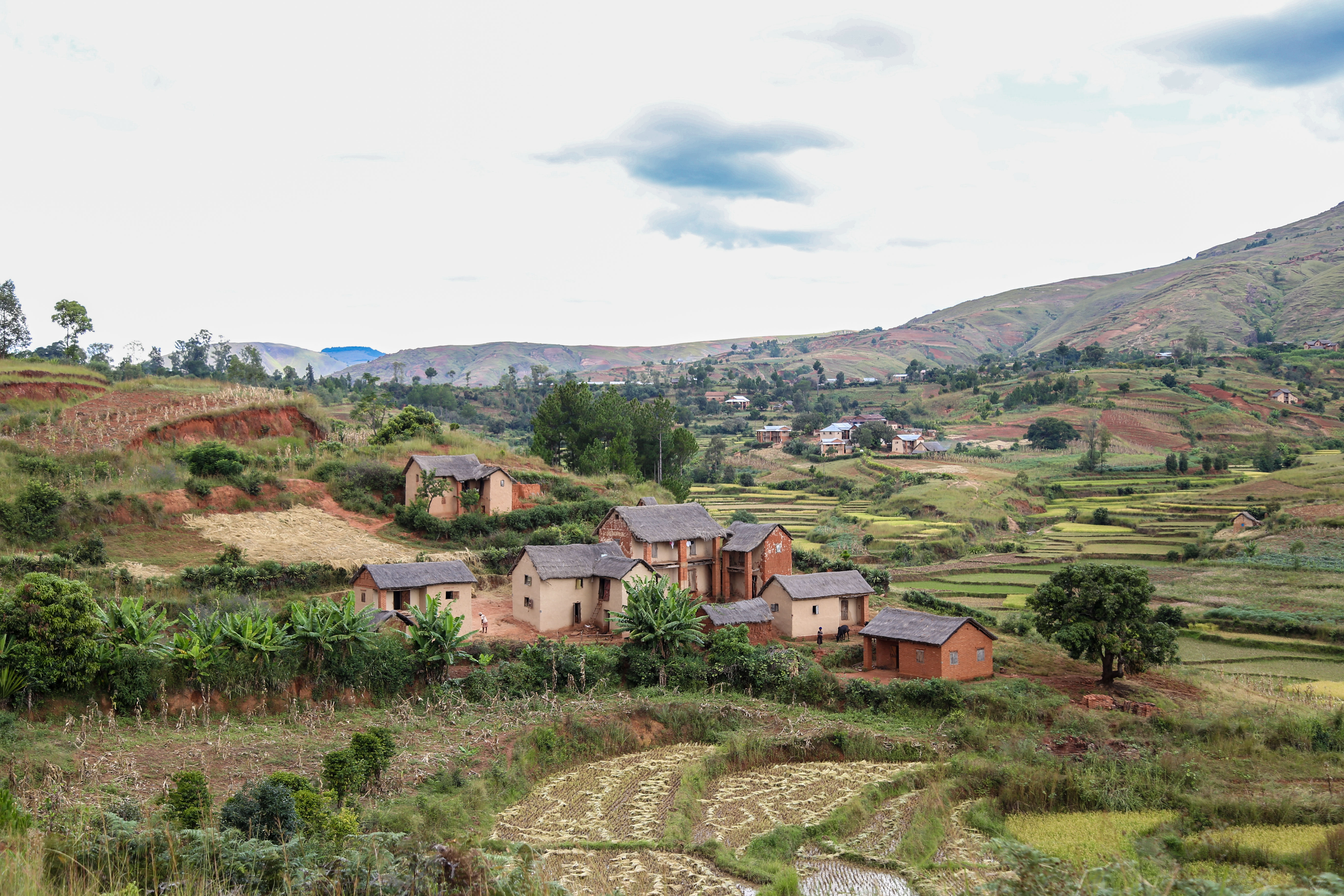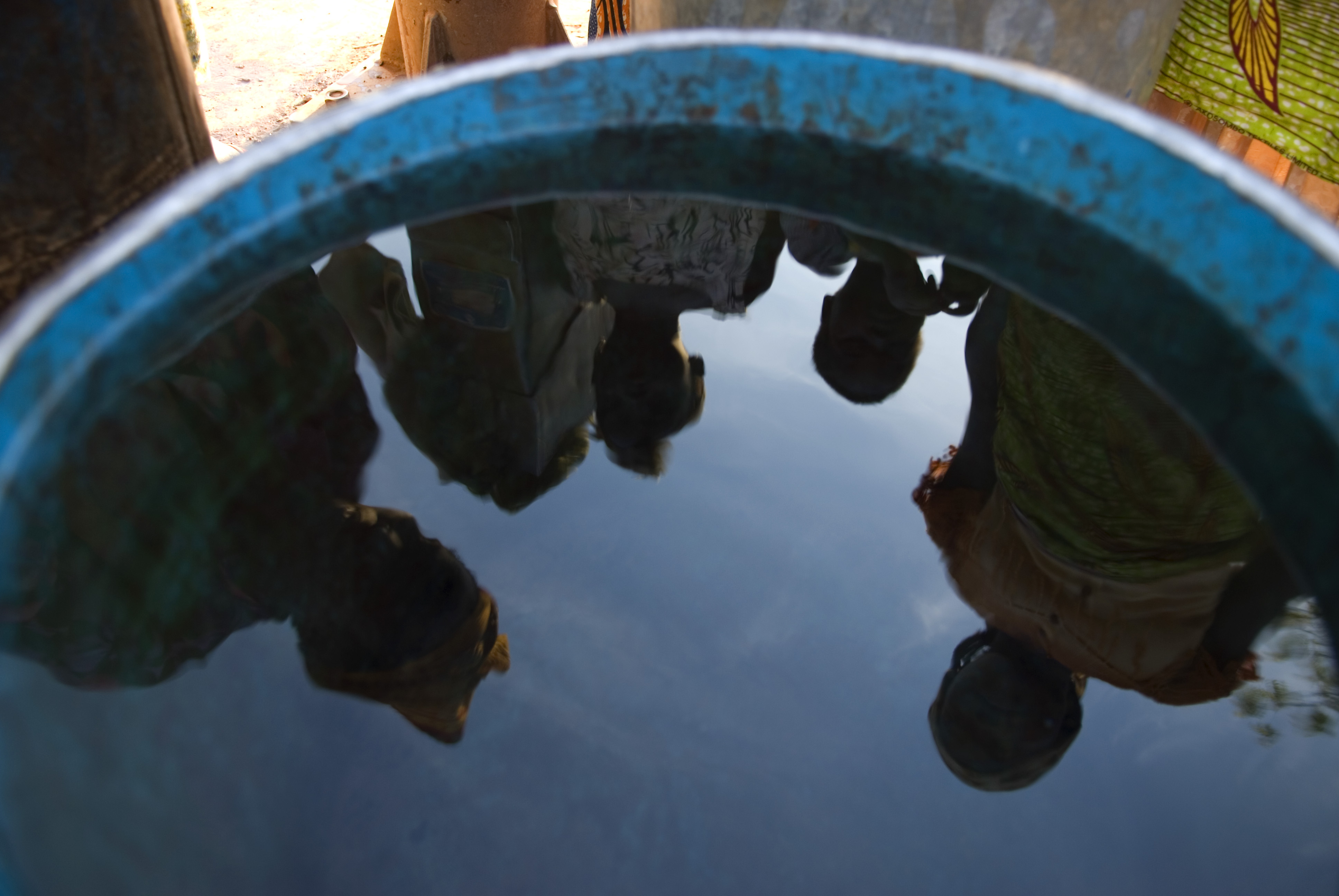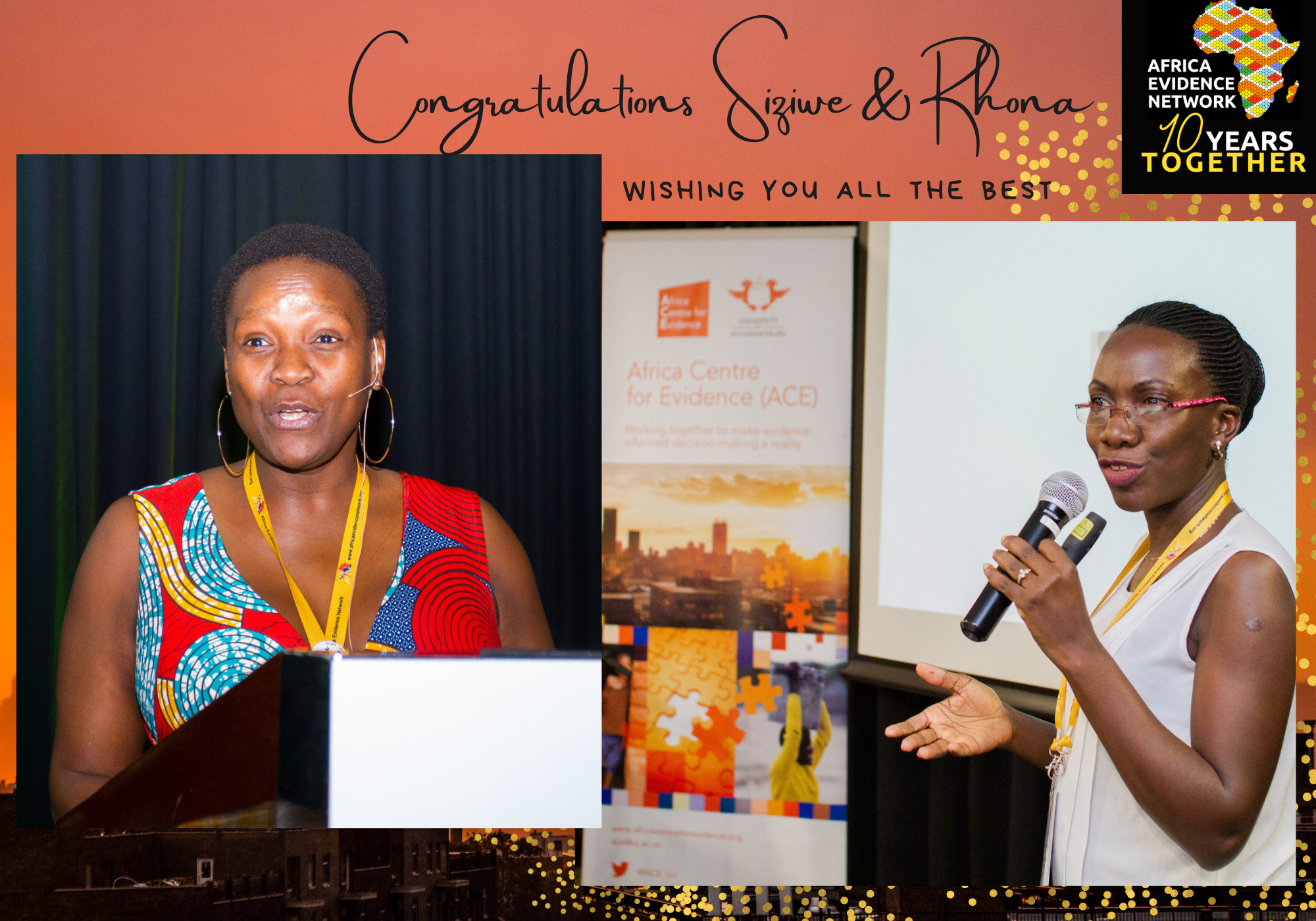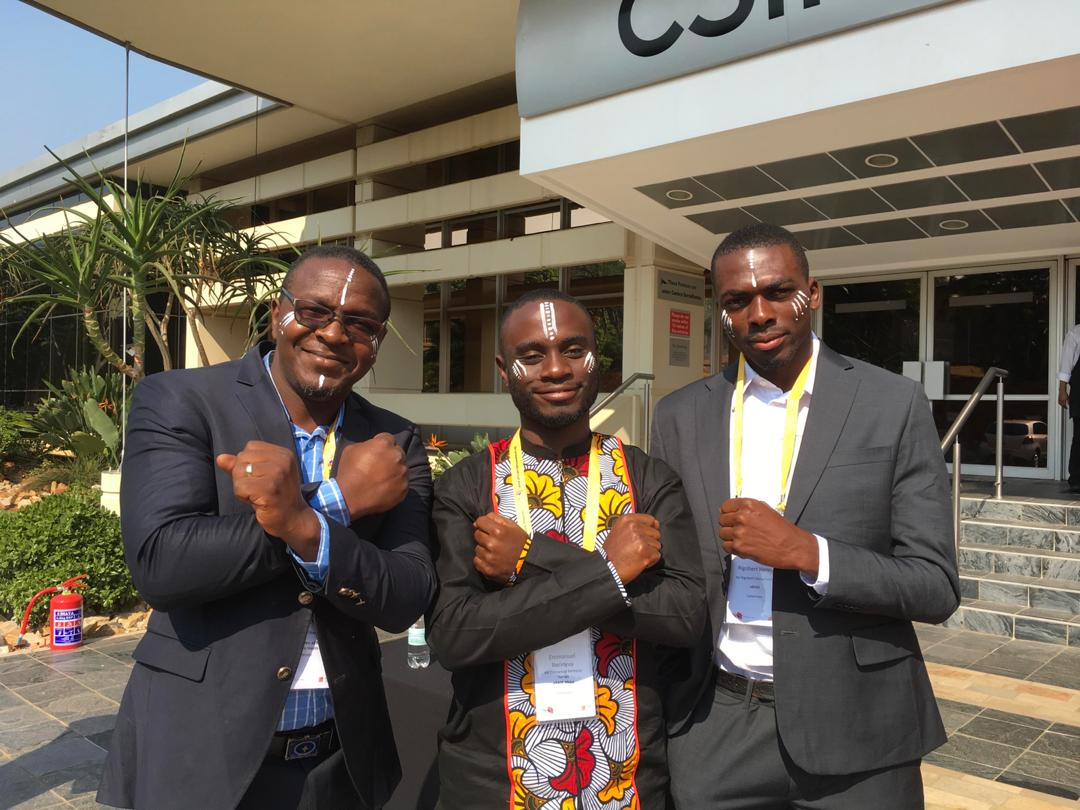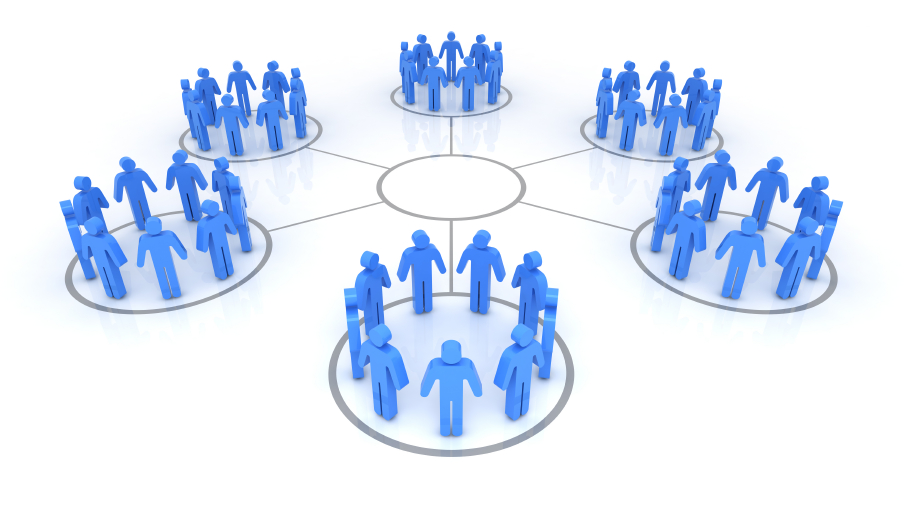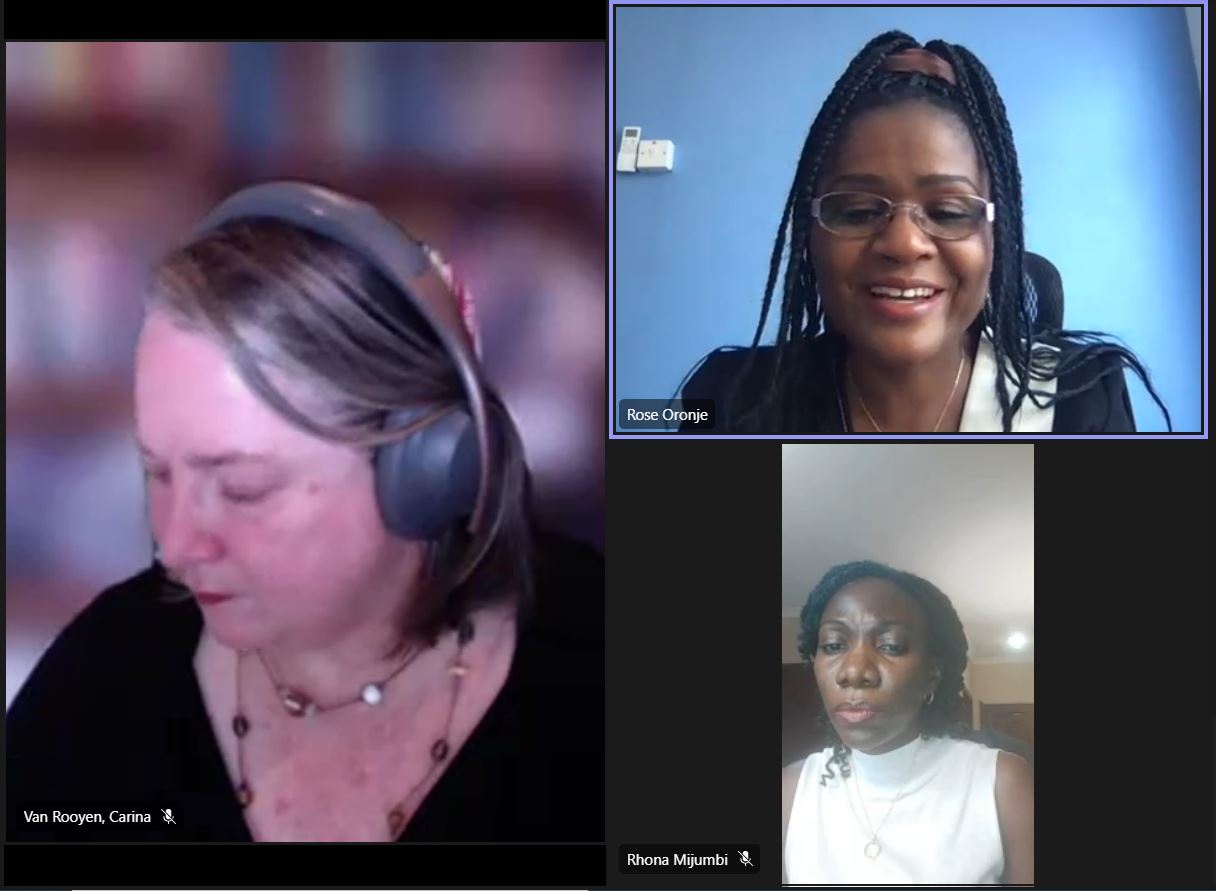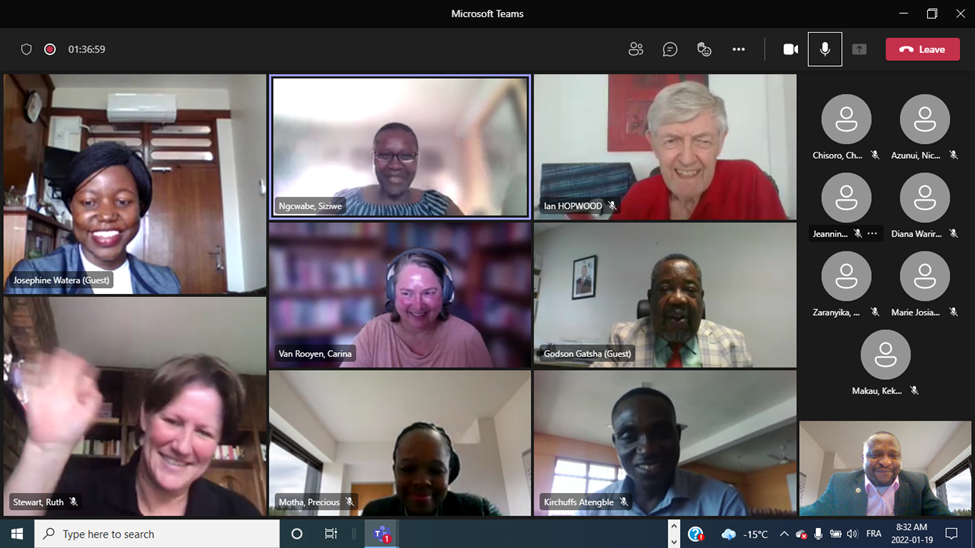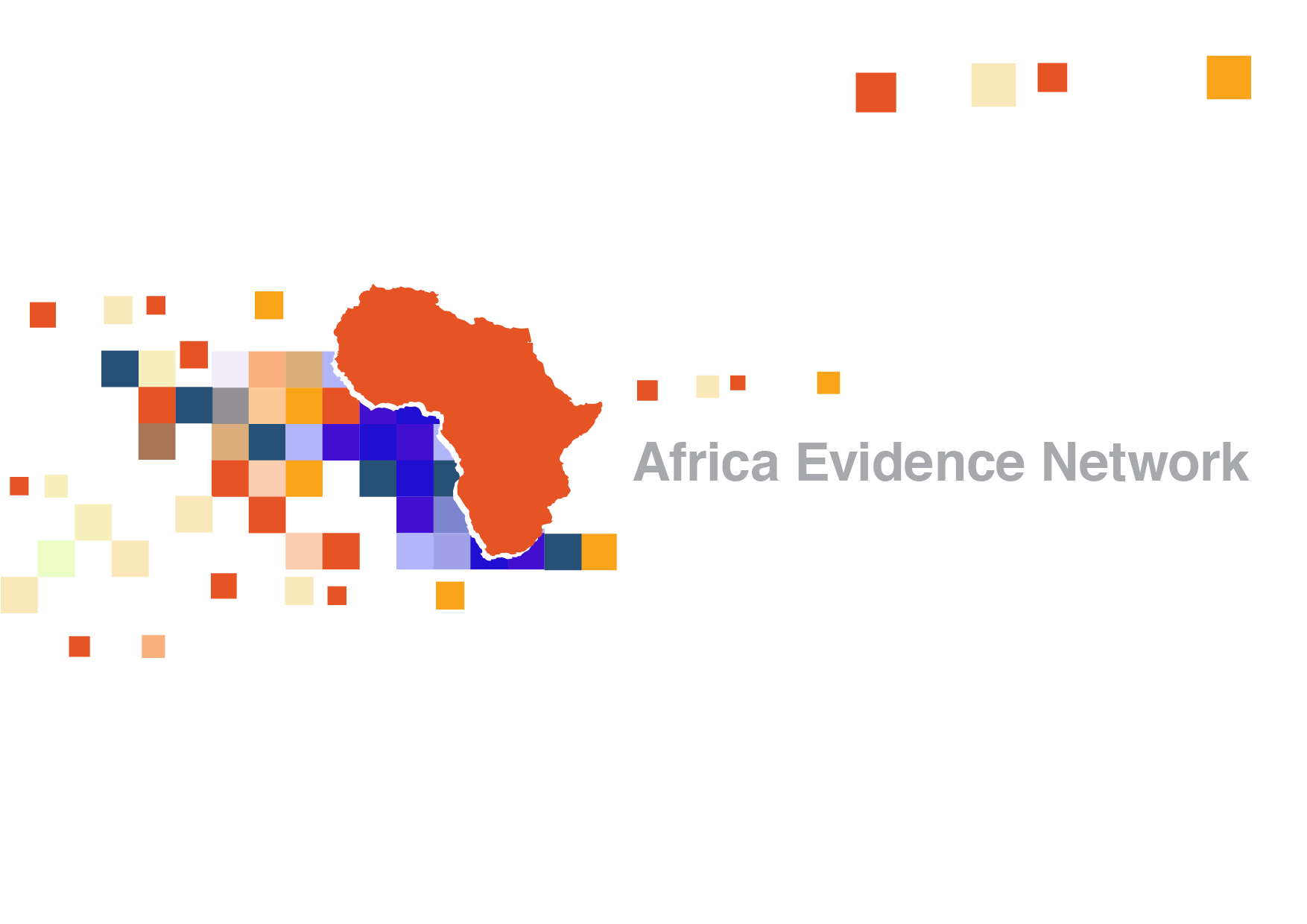
Growing up, my mother would often regale me with stories about her childhood. A child of newly independent Kenya, she spent her formative years shuttling between the village and the city, for holidays and school. One of the values she carries with her to date is the importance of family and having a village; a strong support system for each of life’s moments- the good, the rough and the regular.
Before the advent of modern construction techniques, many of the houses in the countryside village were made of mud, wattle and thatch, often requiring touch-ups. This was a lot of work that often called for communal effort. Regardless of your age, everyone had a task and they were expected to do it well. Times have changed and many have since adopted permanent housing, but the lesson on working together, and leveraging on different capabilities, has stuck with me, influencing different aspects of my life, especially my work.
In October 2022, I joined the African Population and Health Center (APHRC) as a Data Scientist and was assigned a Project Manager role in the implementation of the INSPIRE Learning Health Systems (LHS) project. The study supports the formation of communities of practice comprising data scientists, healthcare professionals, and policymakers, to explore large population and health data collated from African Longitudinal Population Cohorts (LPCs), also called Demographic Surveillance Systems (HDSS). The goal is, in collaboration with policymakers and civil society, to be able to advocate for the uptake and utilization of data and evidence for decision making in the public health response at the local, national and regional levels.
The LHS continuum is founded on scientific, technological, policy, legal, ethical, and social pillars and accelerators. The scientific pillar incorporates an array of scientific programs (including training), infrastructure and resources to enhance knowledge generation, sharing and application within LHS. The technological aspect constitutes systems, infrastructure, devices and technologies that are constantly evolving and expanding. The policy pillar acknowledges the pivotal role that governance structures, policies, accountability measures and financing mechanisms play in achieving LHS goals. Regulators and legislators have a role to play in creating requisite conditions for achieving efficient and effective LHS. The legal pillar summates laws, rules and regulations in a LHS. The ethical pillar, on the other hand, provides frameworks that aid in navigating blurred boundaries in data management.
LHS’s are moulded by the combined efforts of people within them. The social aspect brings together all the actors with the aim of dismantling silos that exist between actors in different disciplines. It is crucial to note that synergy between these accelerators and how they can be aligned is central to achieving LHS goals.
“It is important to recognize that a Learning Health System is an ongoing journey rather than a destination; the very concept of a Learning Health System is that there is always something new to learn,” Dr. Tom Foley
So why is this important?
The LHS analyzes and distills evidence from various sources including stakeholder evidence, research evidence, data evidence and implementation evidence with the aim of creating a system that continuously learns from failures and successes in innovation and hasten generation of new knowledge for improved health outcomes.
Stakeholder engagement is vital from the very beginning in a LHS to ensure that the problems are well understood, and the right priorities identified. We have conducted two HDSS site visits in Tanzania and Uganda with the aim of understanding the front-line issues within the health system.
Research evidence, constituting of meta-analyses, systematic reviews and evidence-based guidelines, help in highlighting how different countries deal with the same health issues and if there are opportunities for improved/cross-cutting policies.
One of the major activities in the INSPIRE LHS project is to develop pipelines that standardise and harmonise existing datasets using the OMOP (Observational Medical Outcomes Partnership) Common Data Model (CDM). The OMOP CDM best fits this vision as it is an open community data standard intended to standardise the content and structure of observational data. However, this poses several challenges, including missing vocabulary relating to African variables. We have since taken this as an opportunity to develop our own African vocabularies with the guidance of the Observational Health Data Sciences and Informatics (OHDSI) team.
Data governance is a key component in generating data evidence. Governance involves managing the availability, usability, integrity and security of the data is enshrined in the FAIR (Findable, Accessible, Interoperable and Reusable) principles of scientific data. The LHS project seeks to bring together all actors to develop a framework for the whole data cycle starting from data producers all the way to data users, including policymakers. With the OMOP CDM being a person-centric model and can retain attributes that can be considered as protected health information, there is a need for governance protocols that ensure the data is consistent, trustworthy and is not misused.
An efficient LHS, needs for knowledge generated to be translated into improved population outcomes. Implementation research shores ways to create sustainable change. Key considerations include effective leadership, economically sound approaches, internal & external perspectives as well as capturing learnings and improvement practices. In all the quadrants, stakeholder engagement is consistent, adding to impact assessment and refinement measures.
To continue growing the community of practice, we need to employ big data analytics, Artificial Intelligence & Machine Learning approaches to generate insights from existing data. This should be complemented with consistent advocacy for data use at all levels.
Capacity-building sessions would also be necessary for data managers across Africa to employ data science approaches that allow for evidence-generation using open-source analytic tools such as predictive modeling, comparative effectiveness and safety surveillance.
About the author: Michelle Mbuthia contributed to the development of this article. The INSPIRE LHS Project was funded through the Bill & Melinda Gates Foundation as part of the Grand Challenges partnership.
Disclaimer: The views expressed in published blog posts, as well as any errors or omissions, are the sole responsibility of the author/s and do not represent the views of the Africa Evidence Network, its secretariat, advisory or reference groups, or its funders; nor does it imply endorsement by the afore-mentioned parties.
